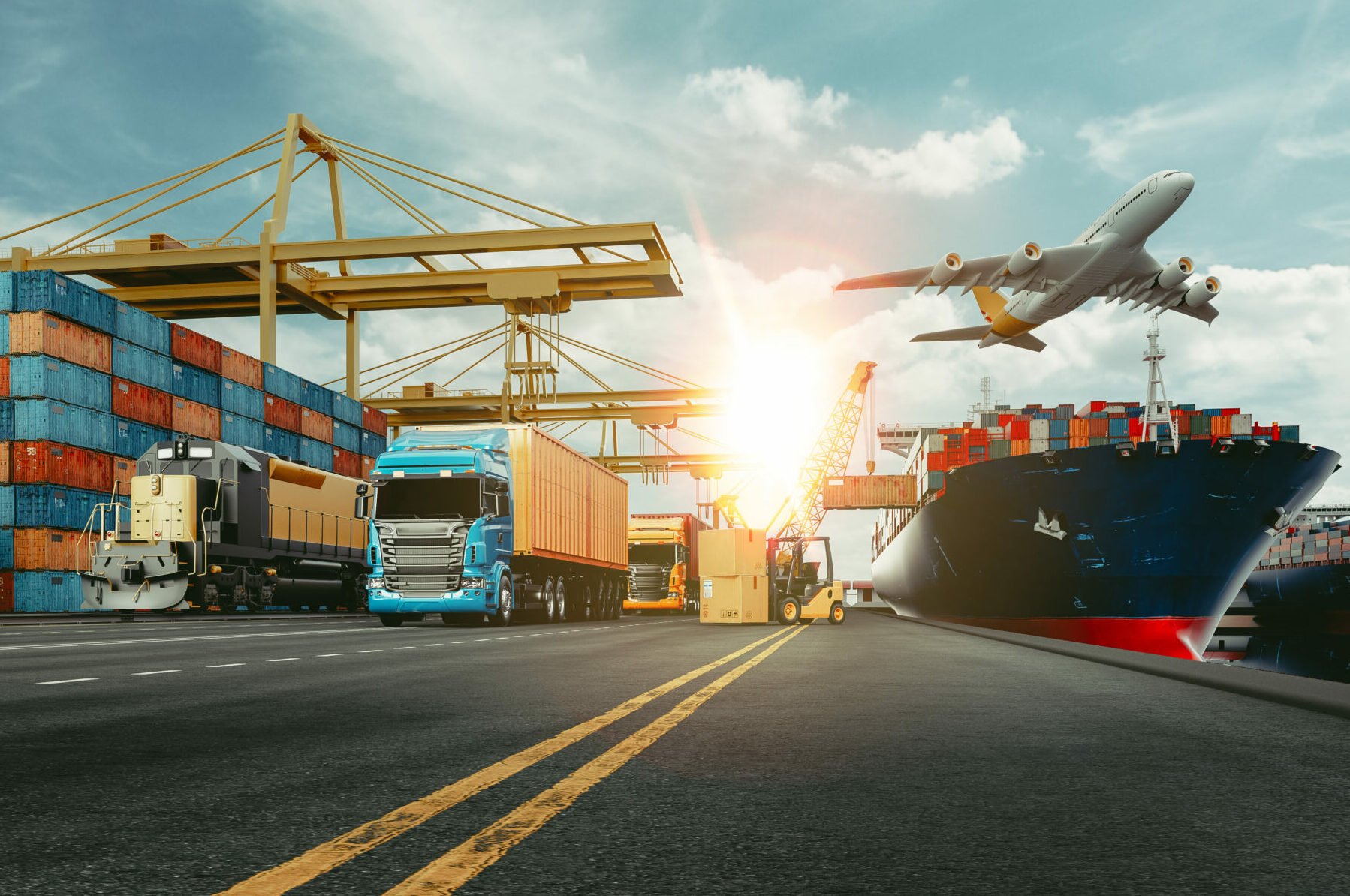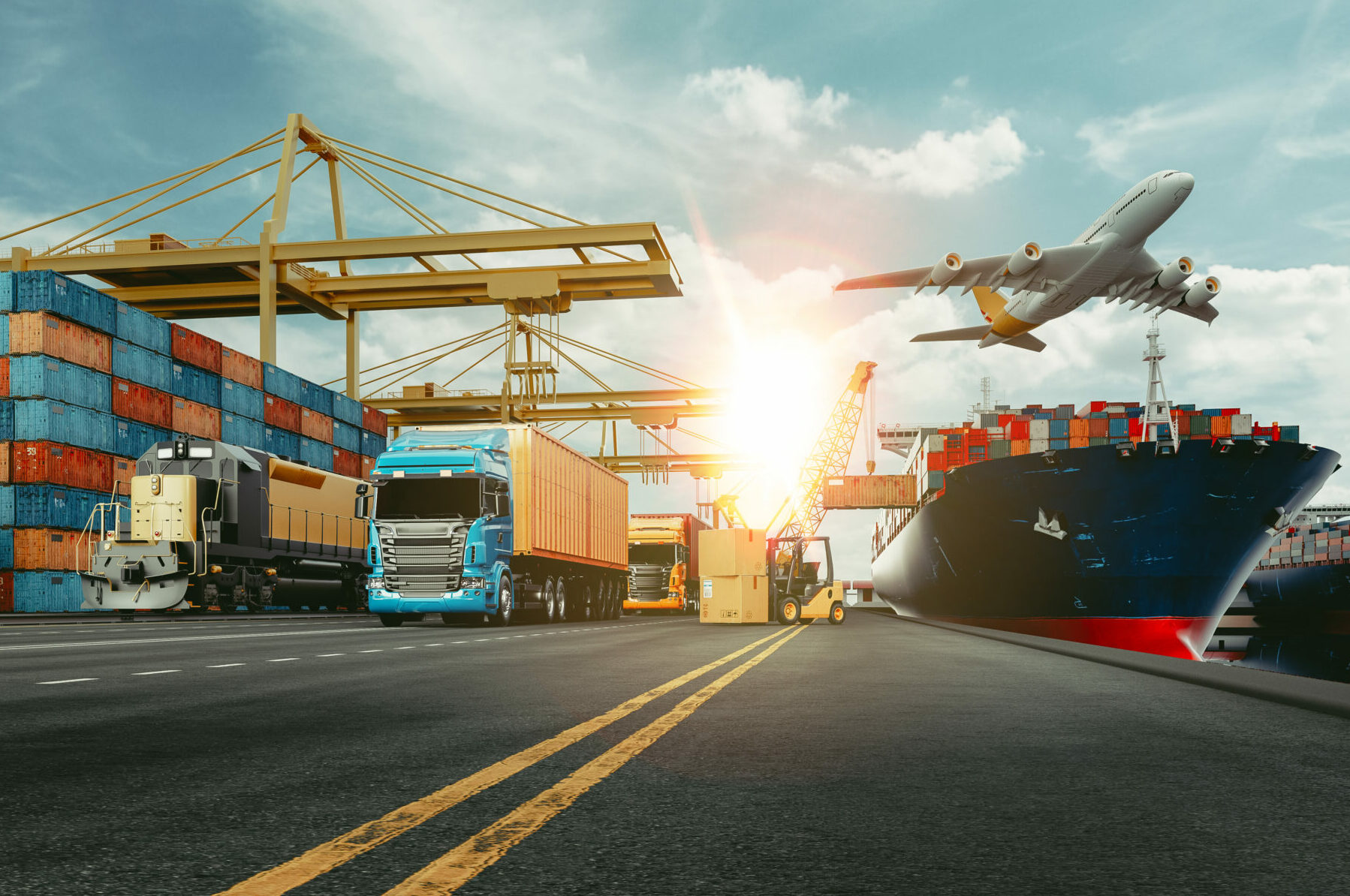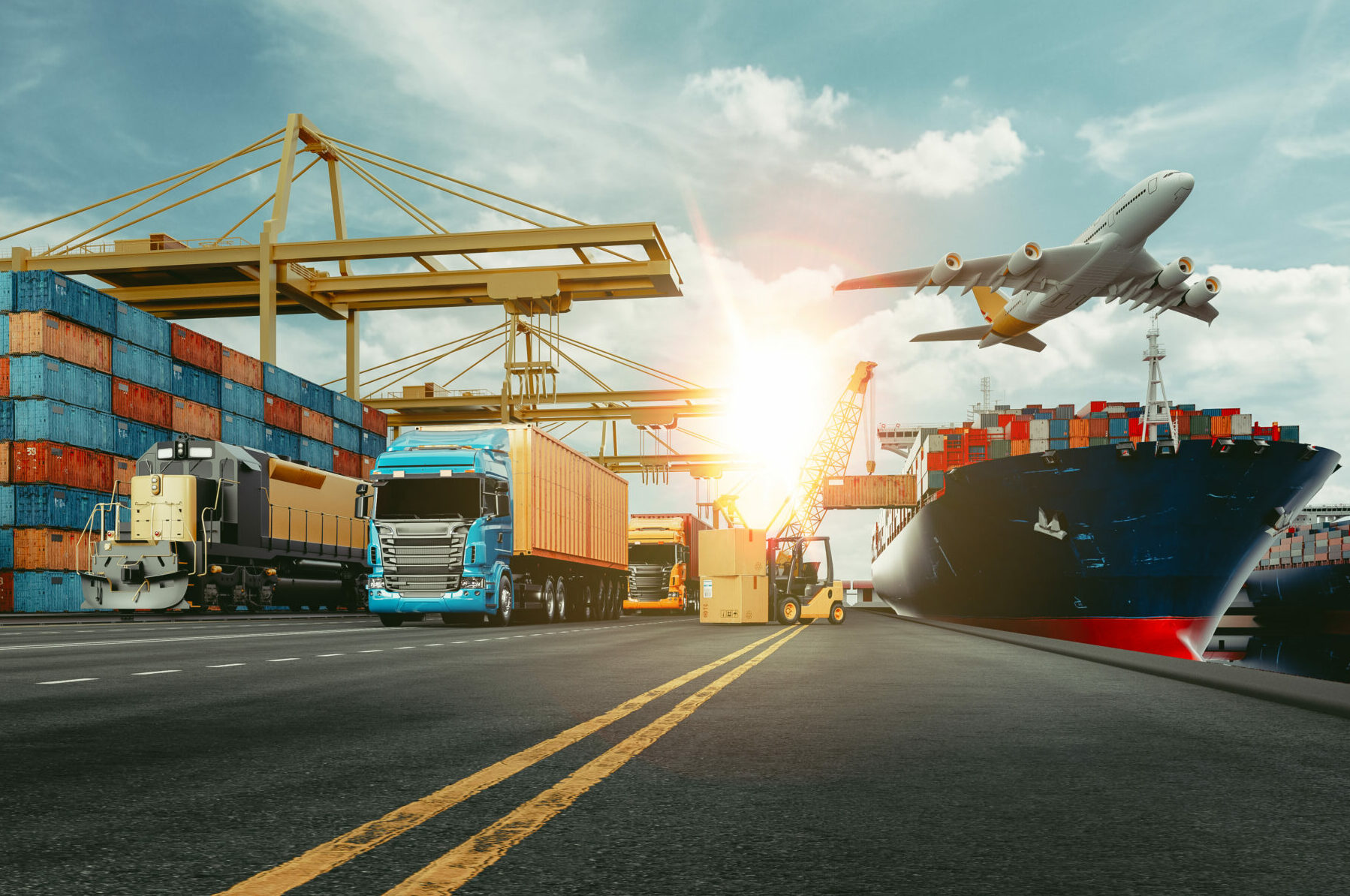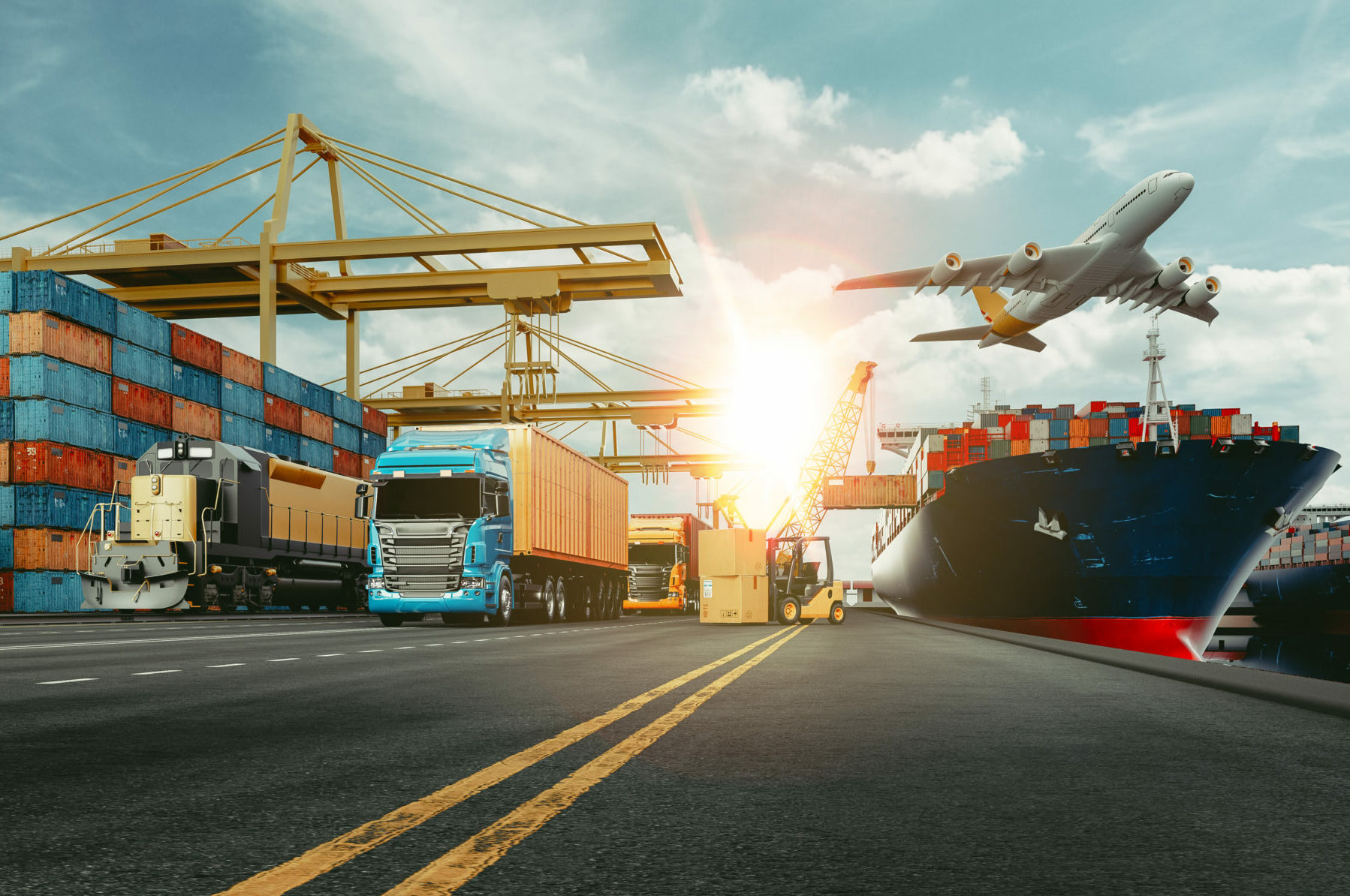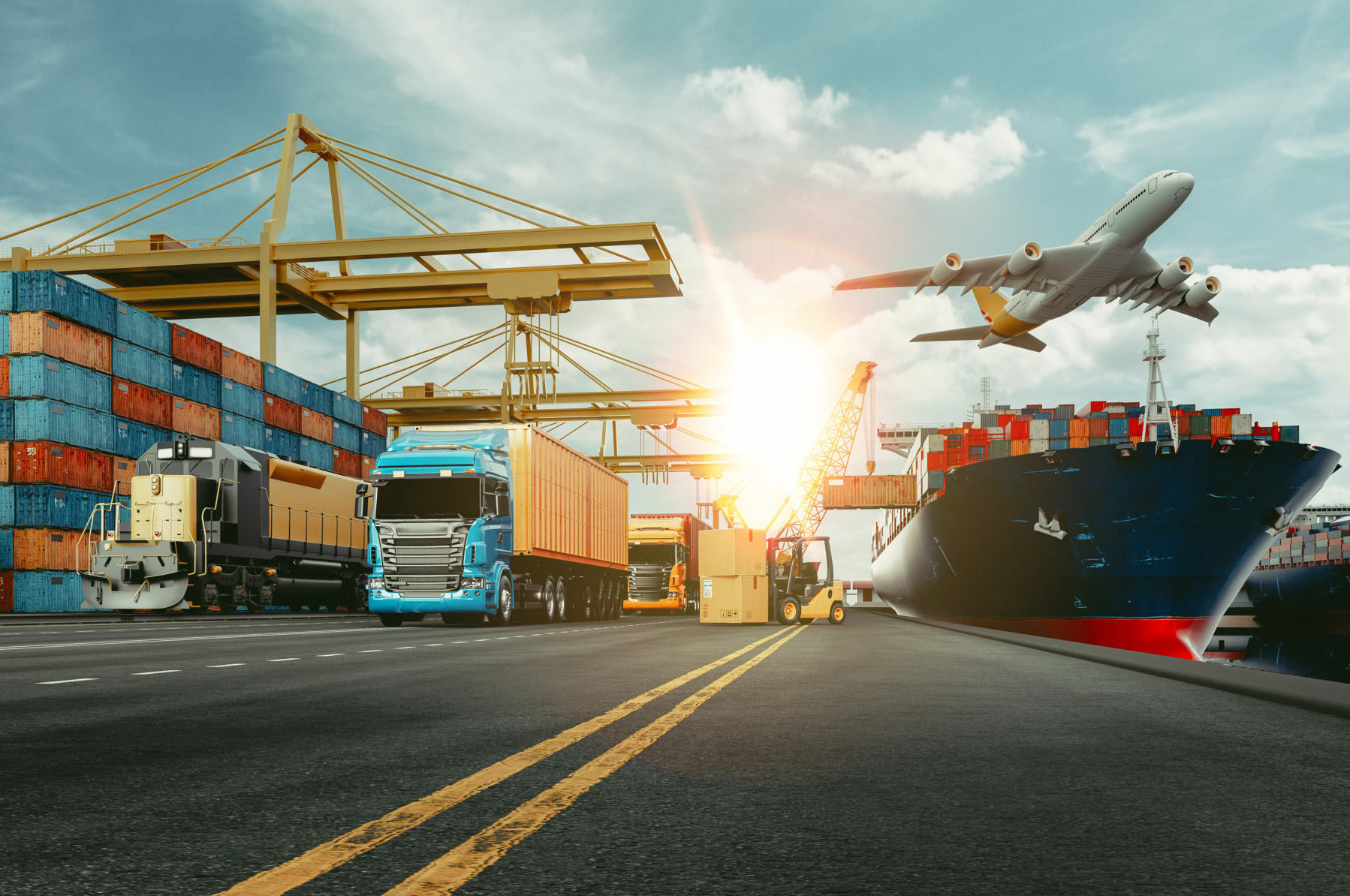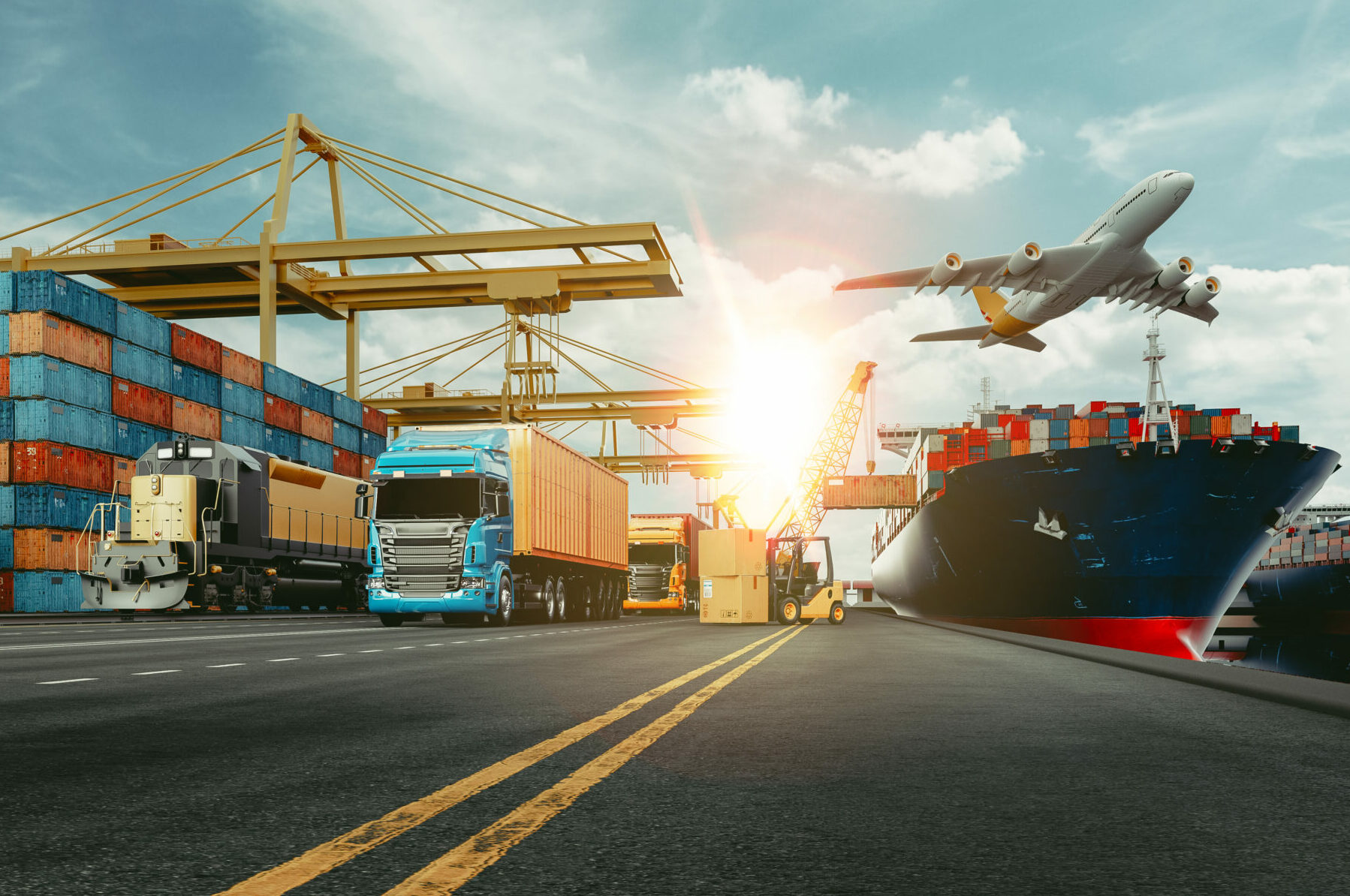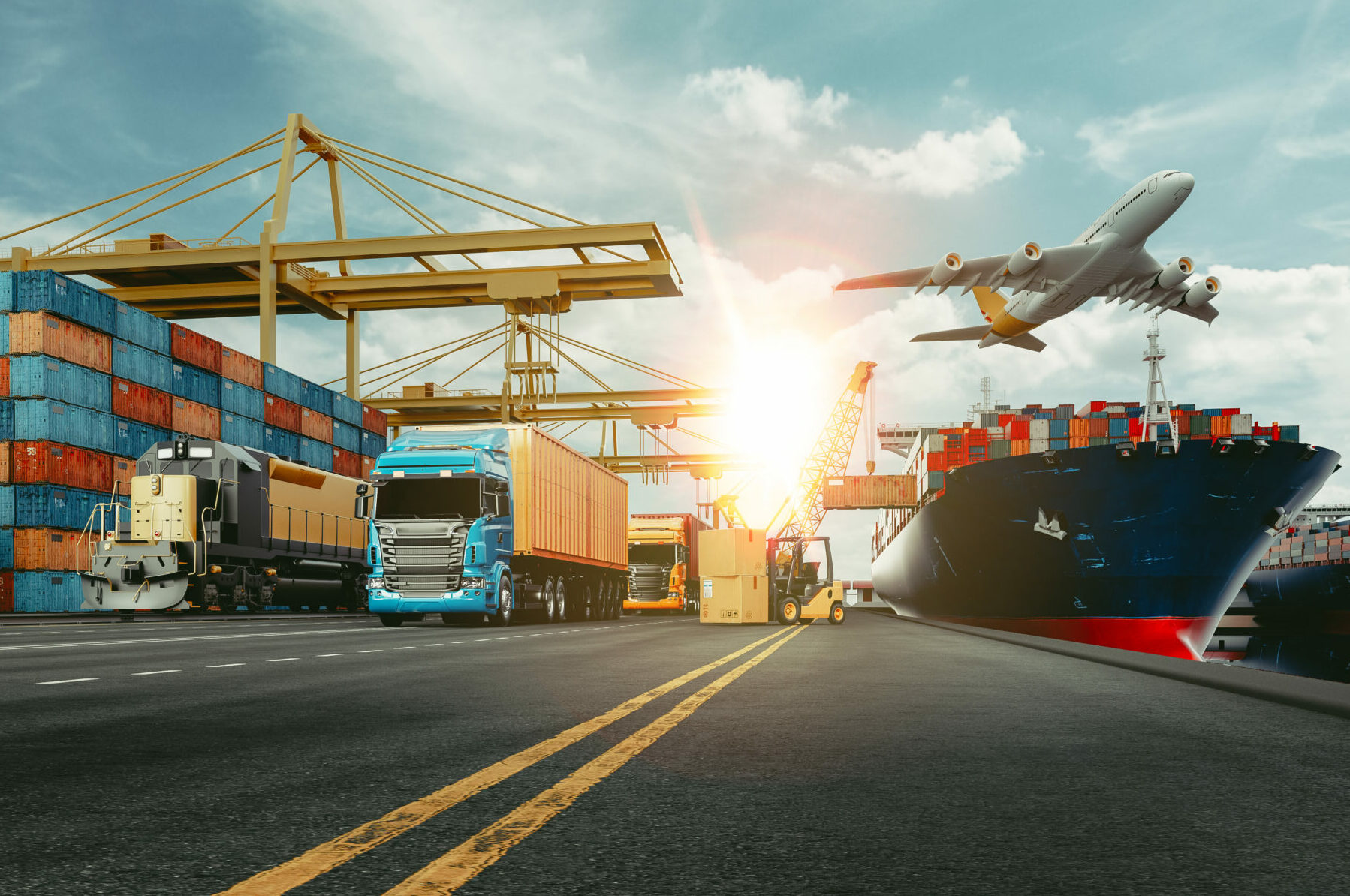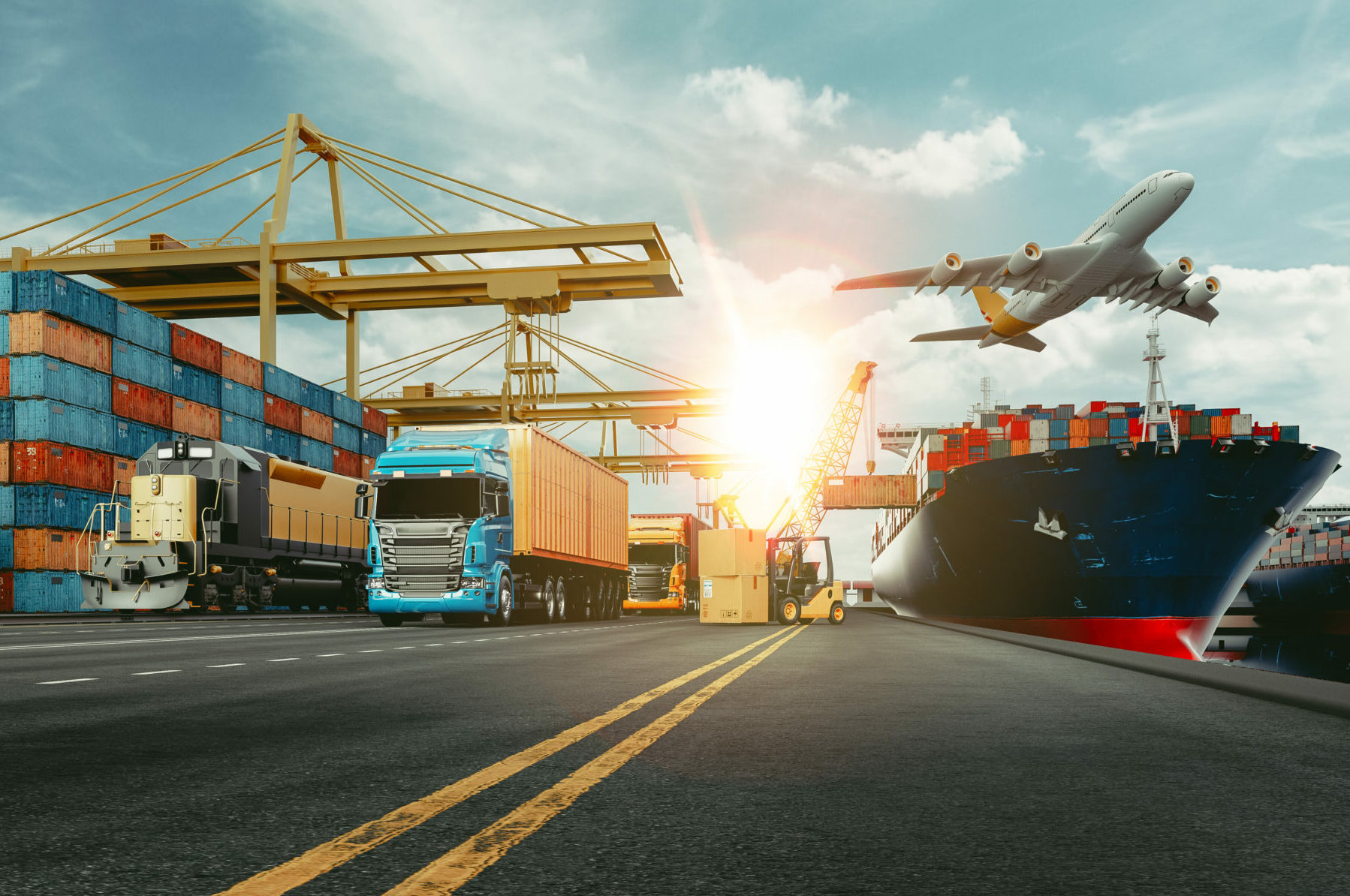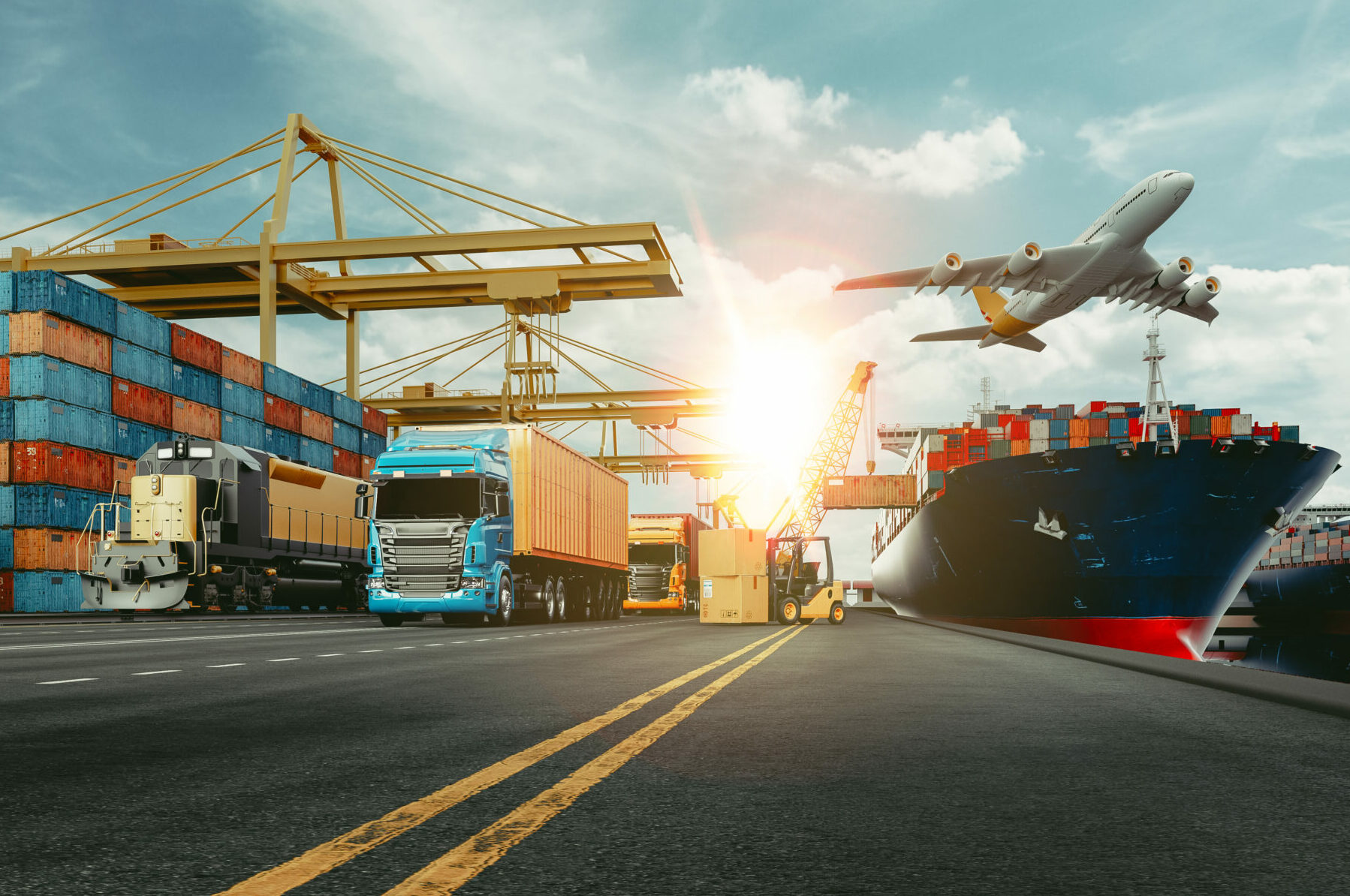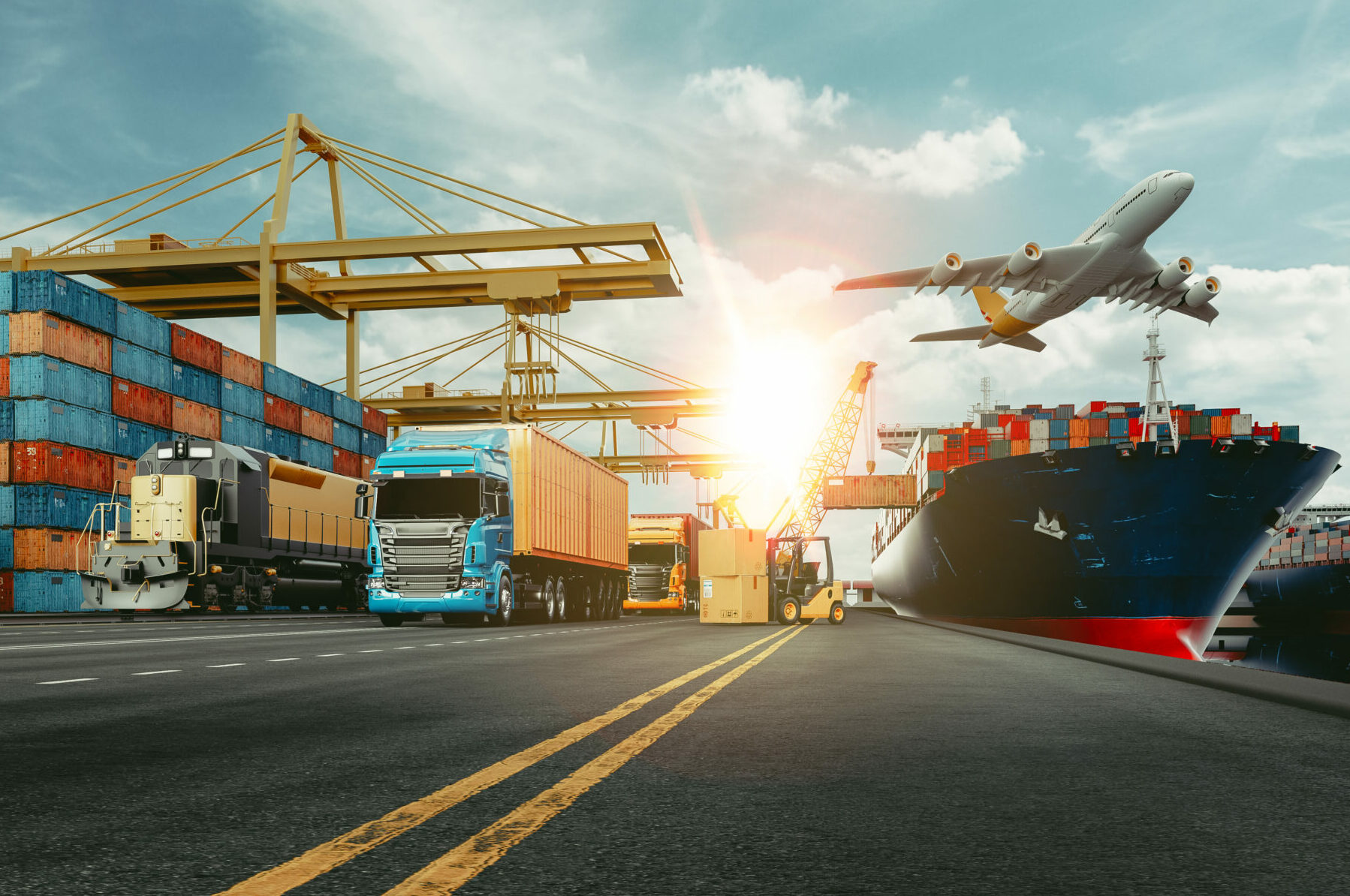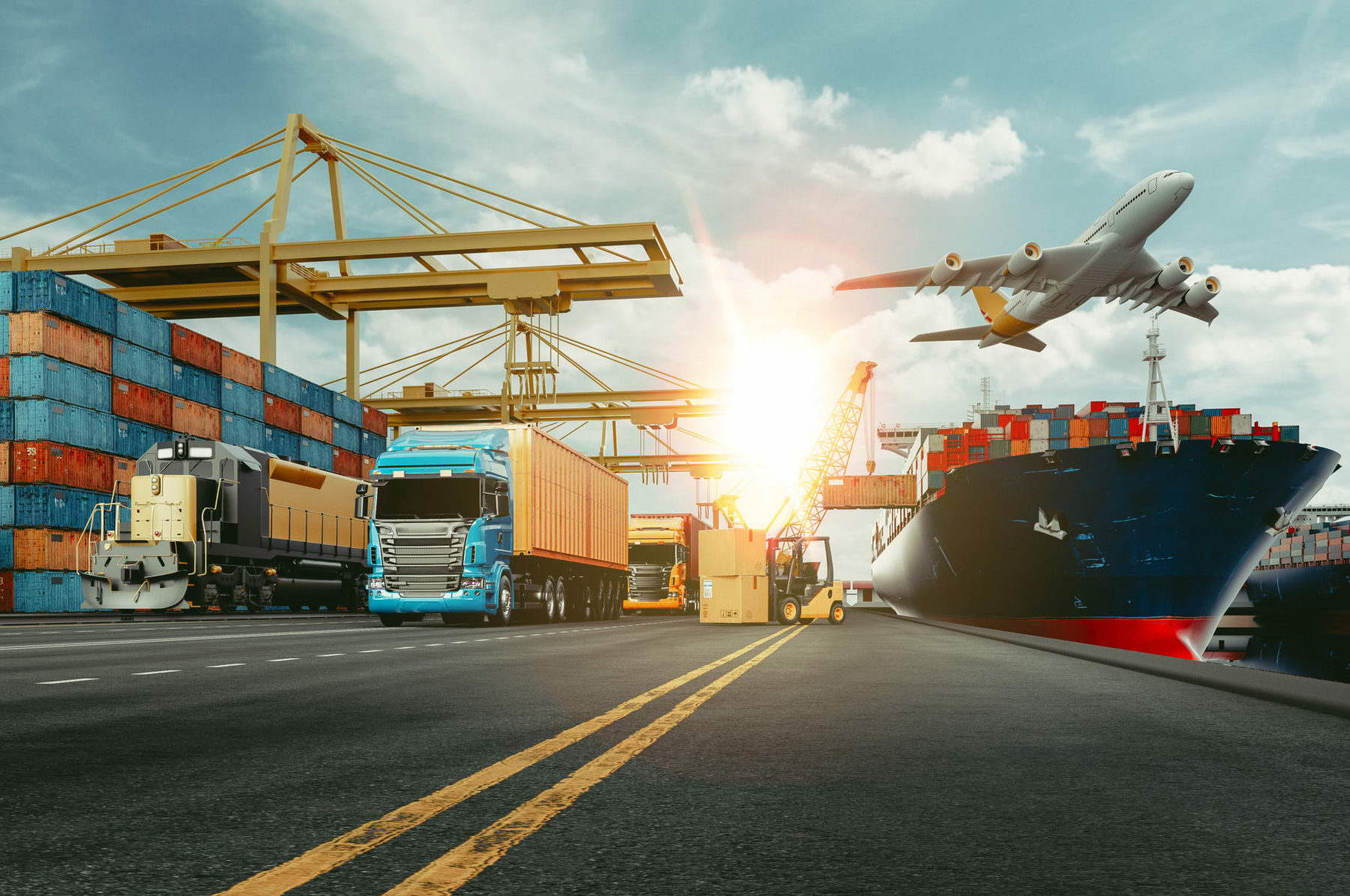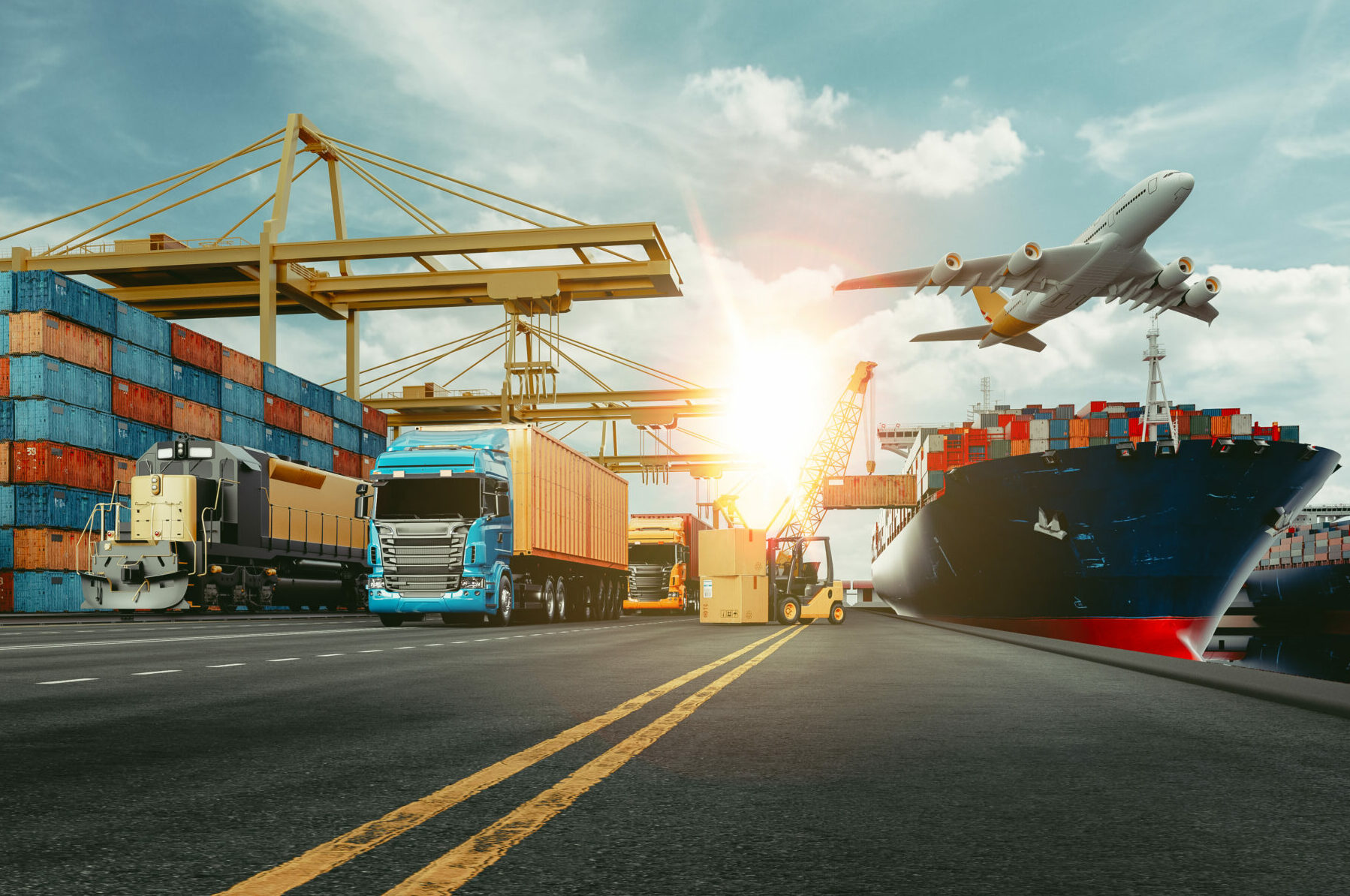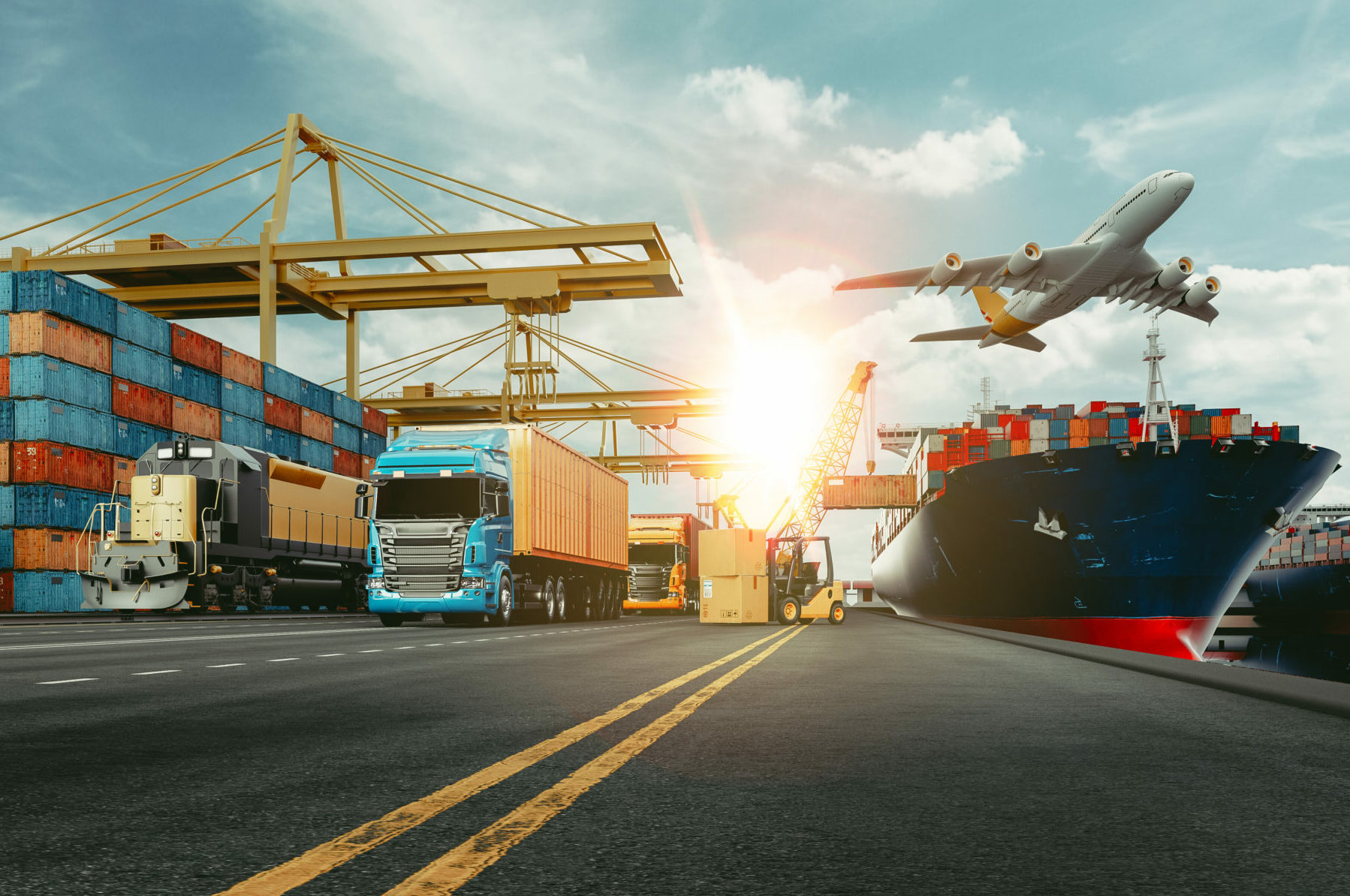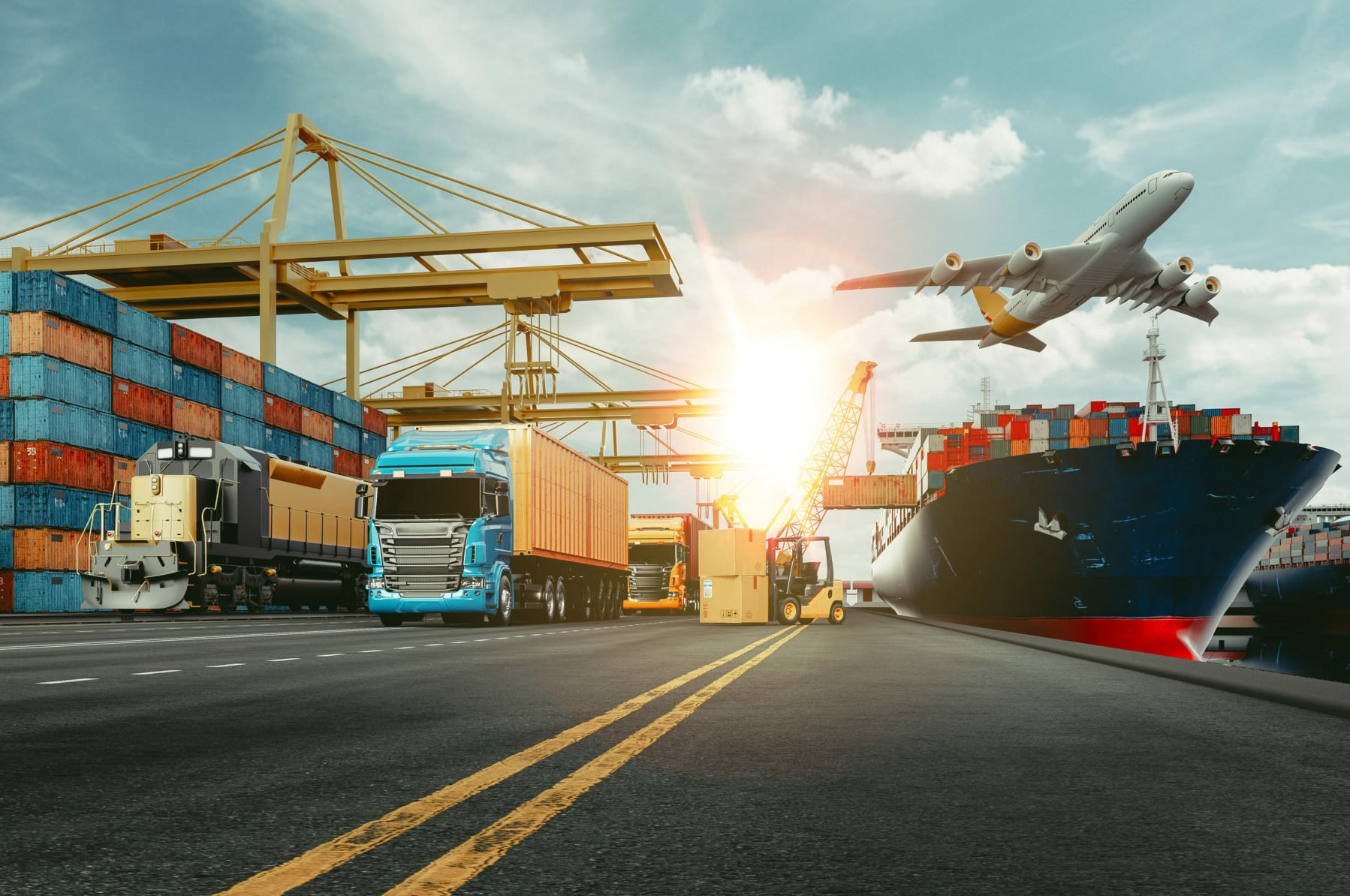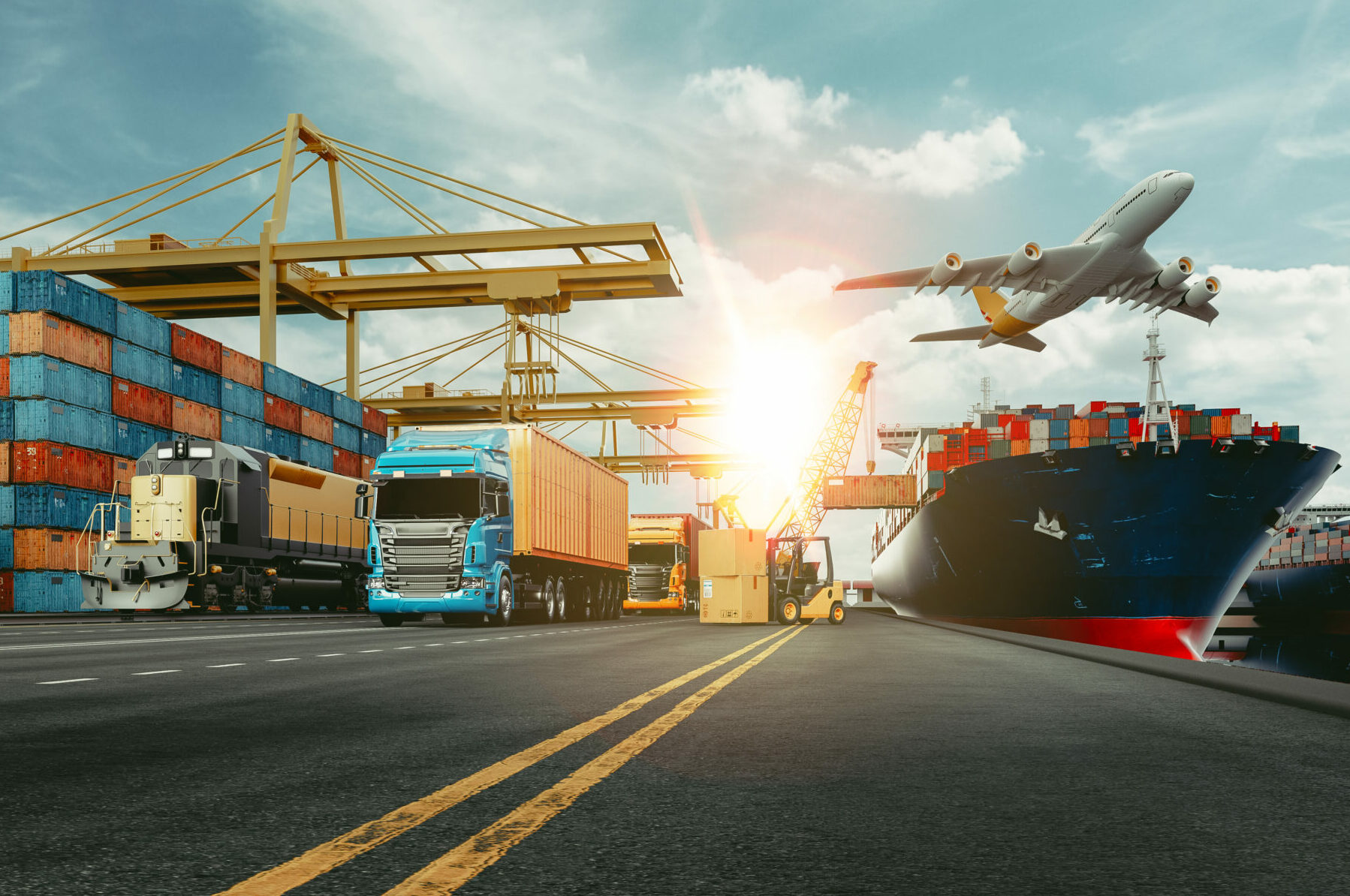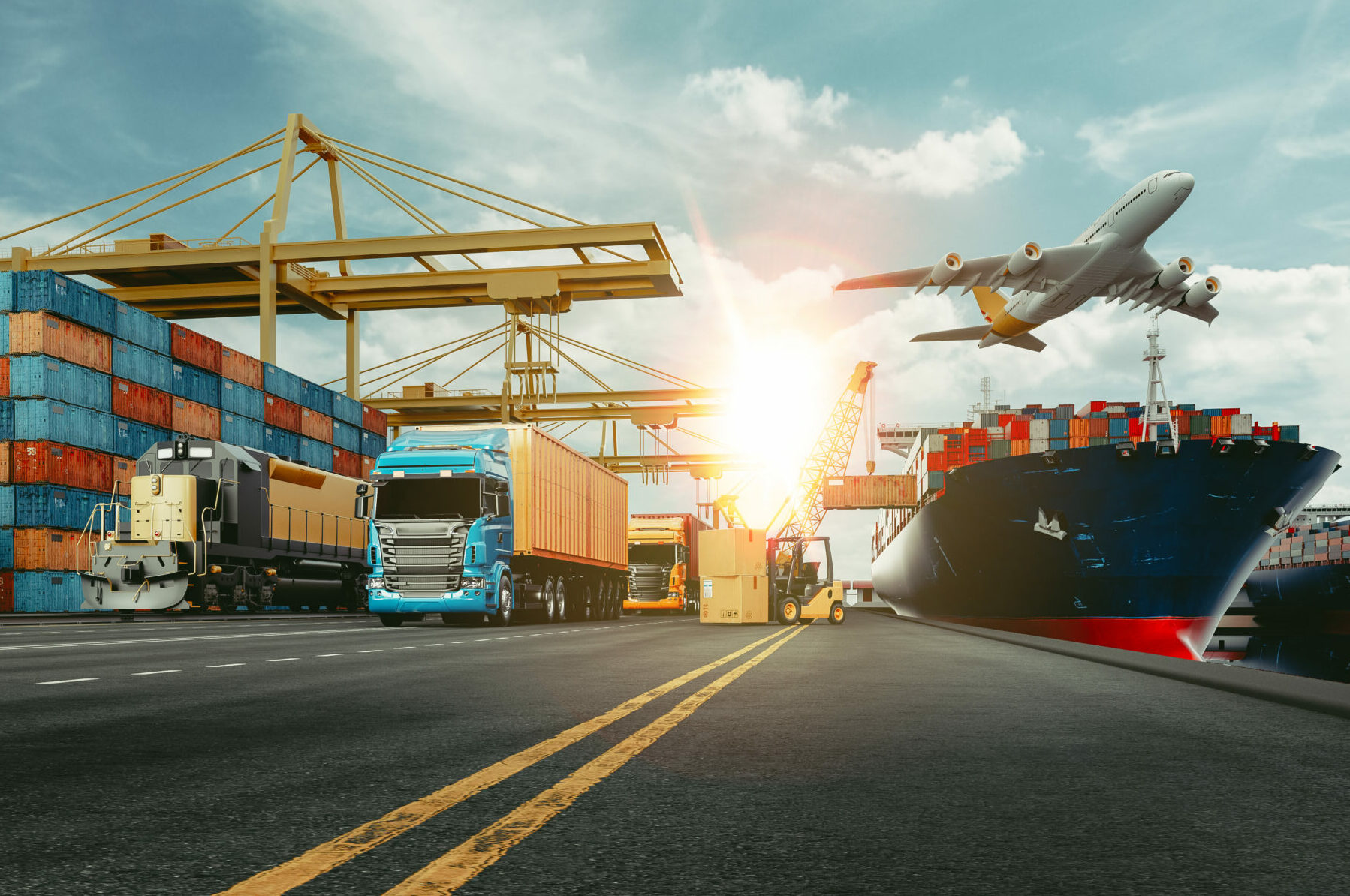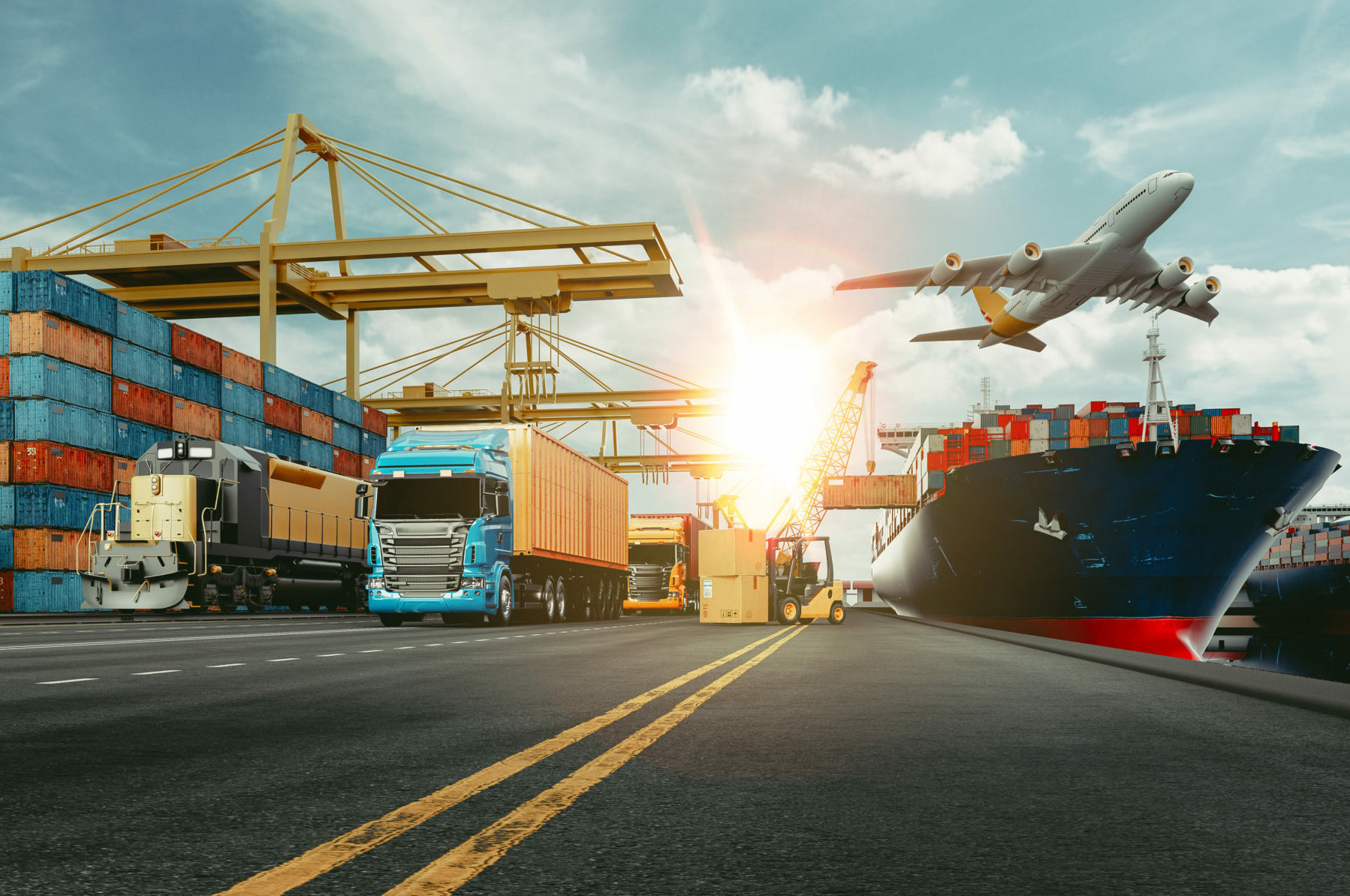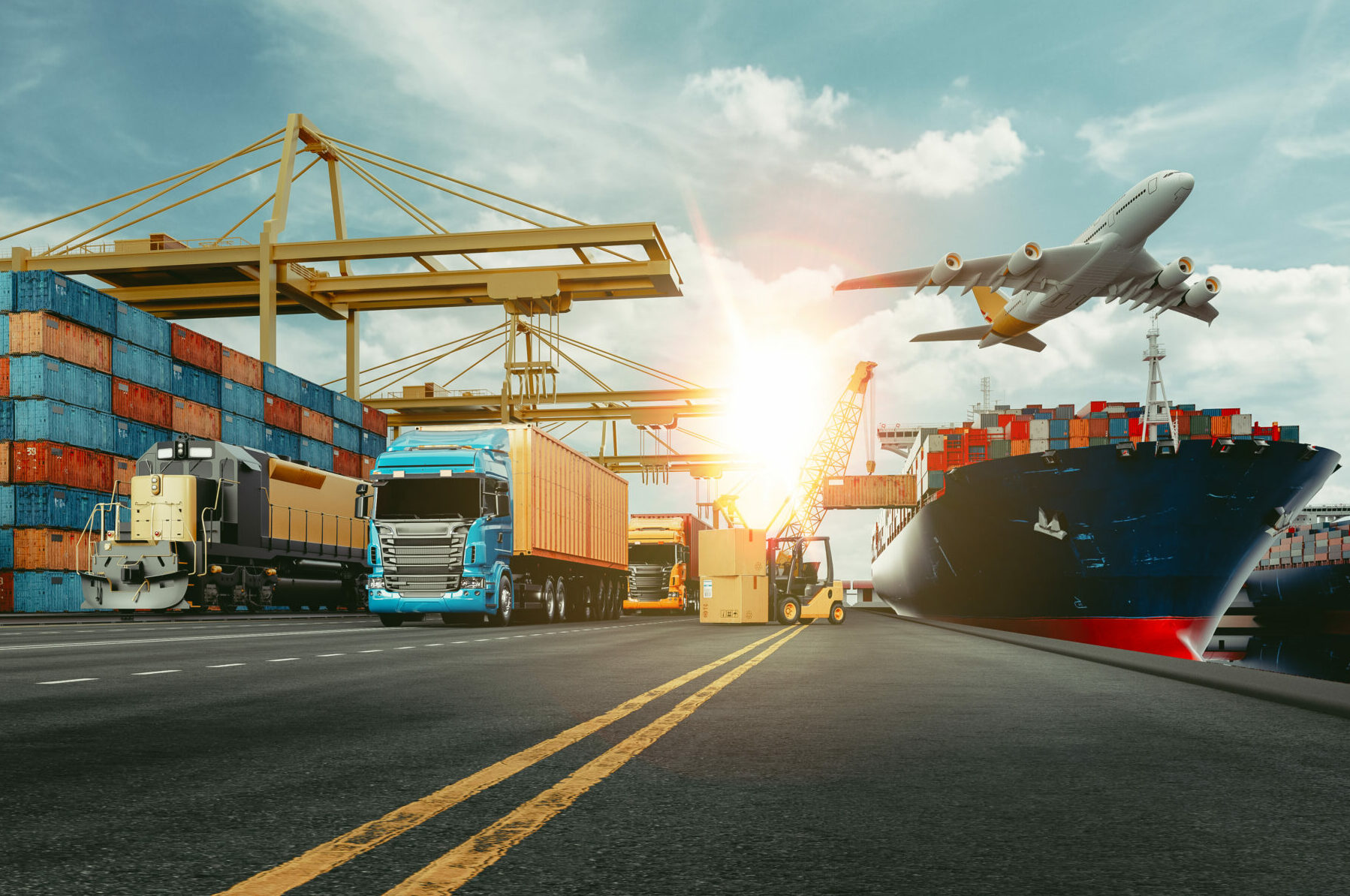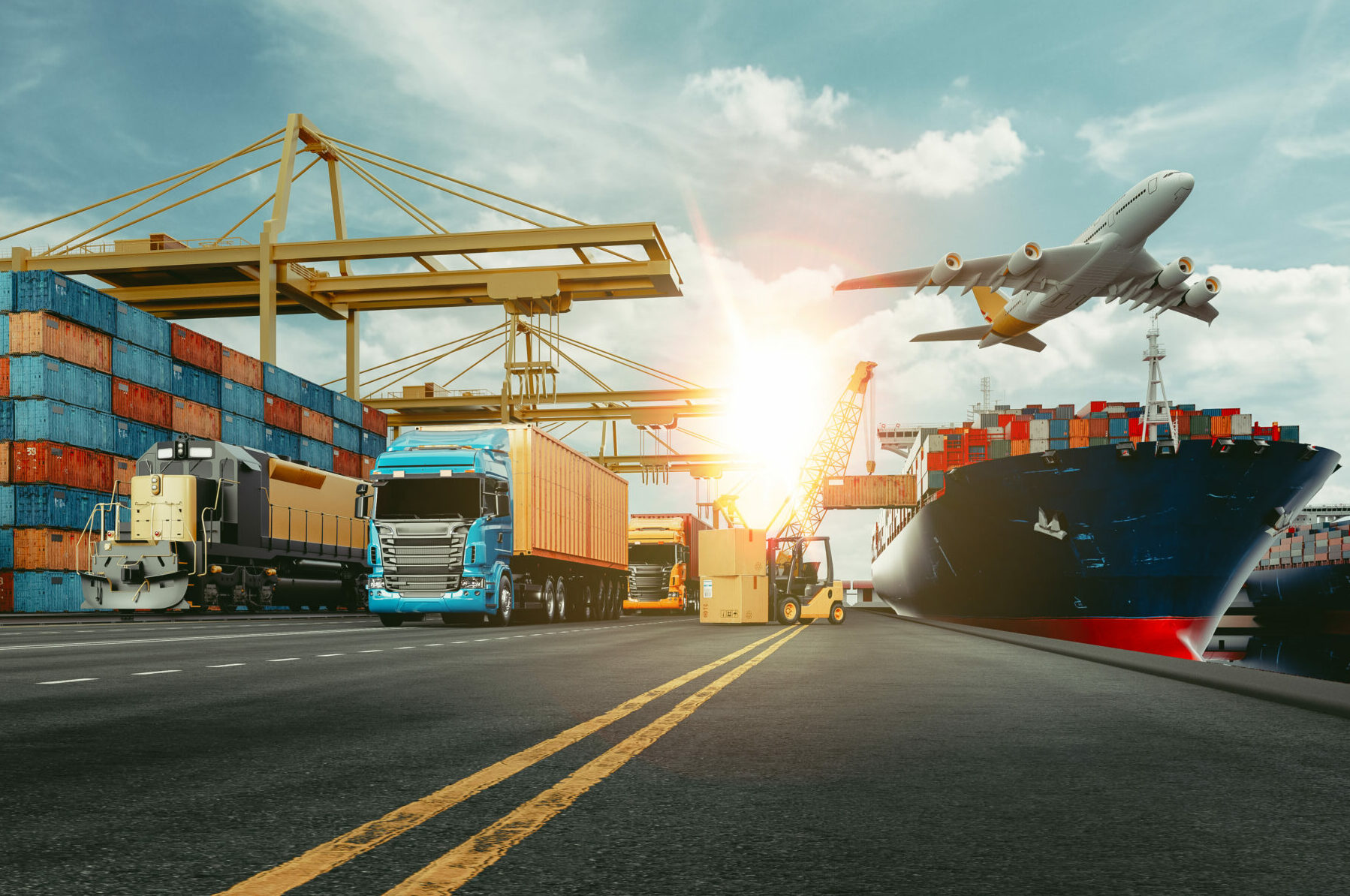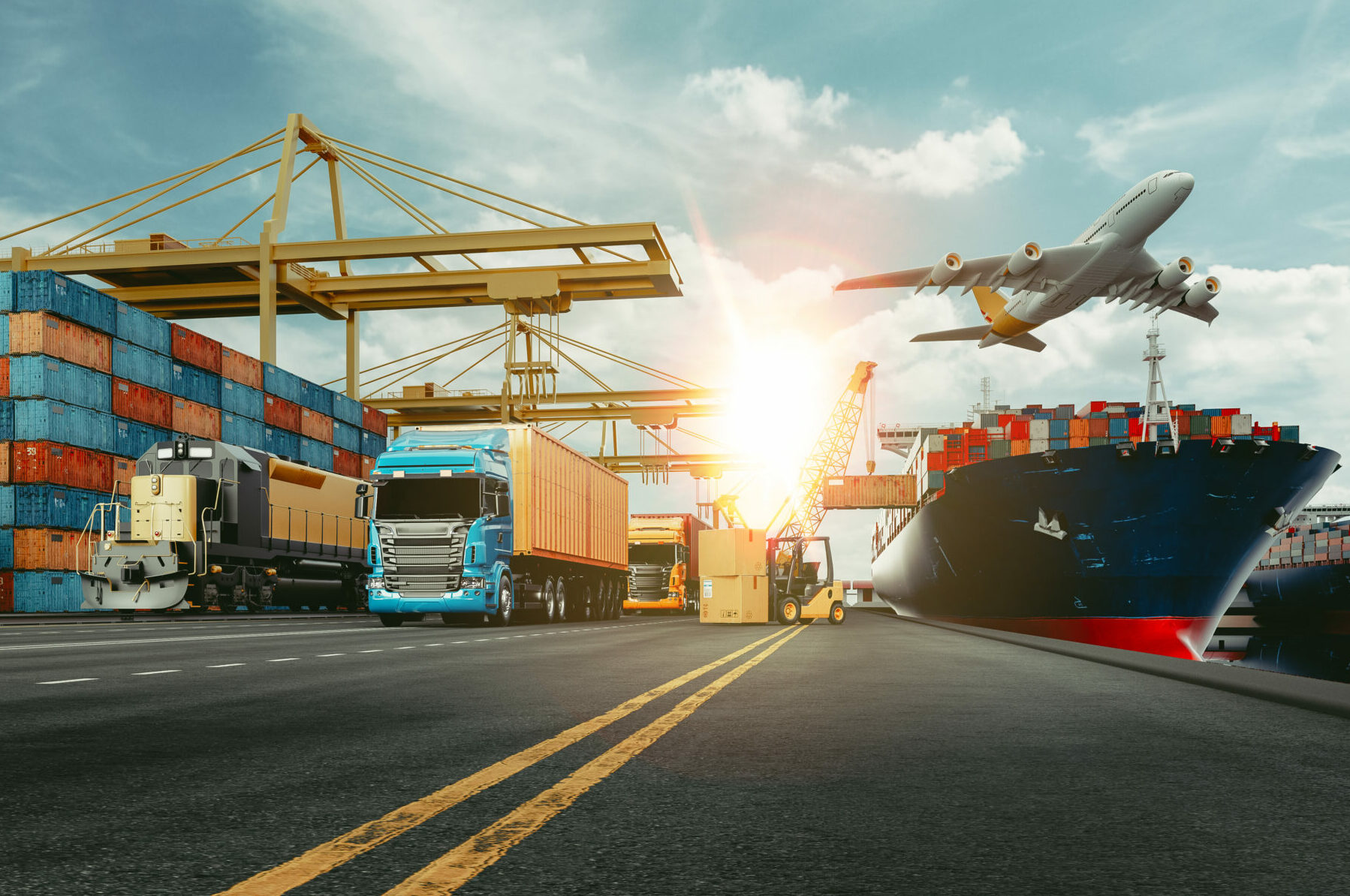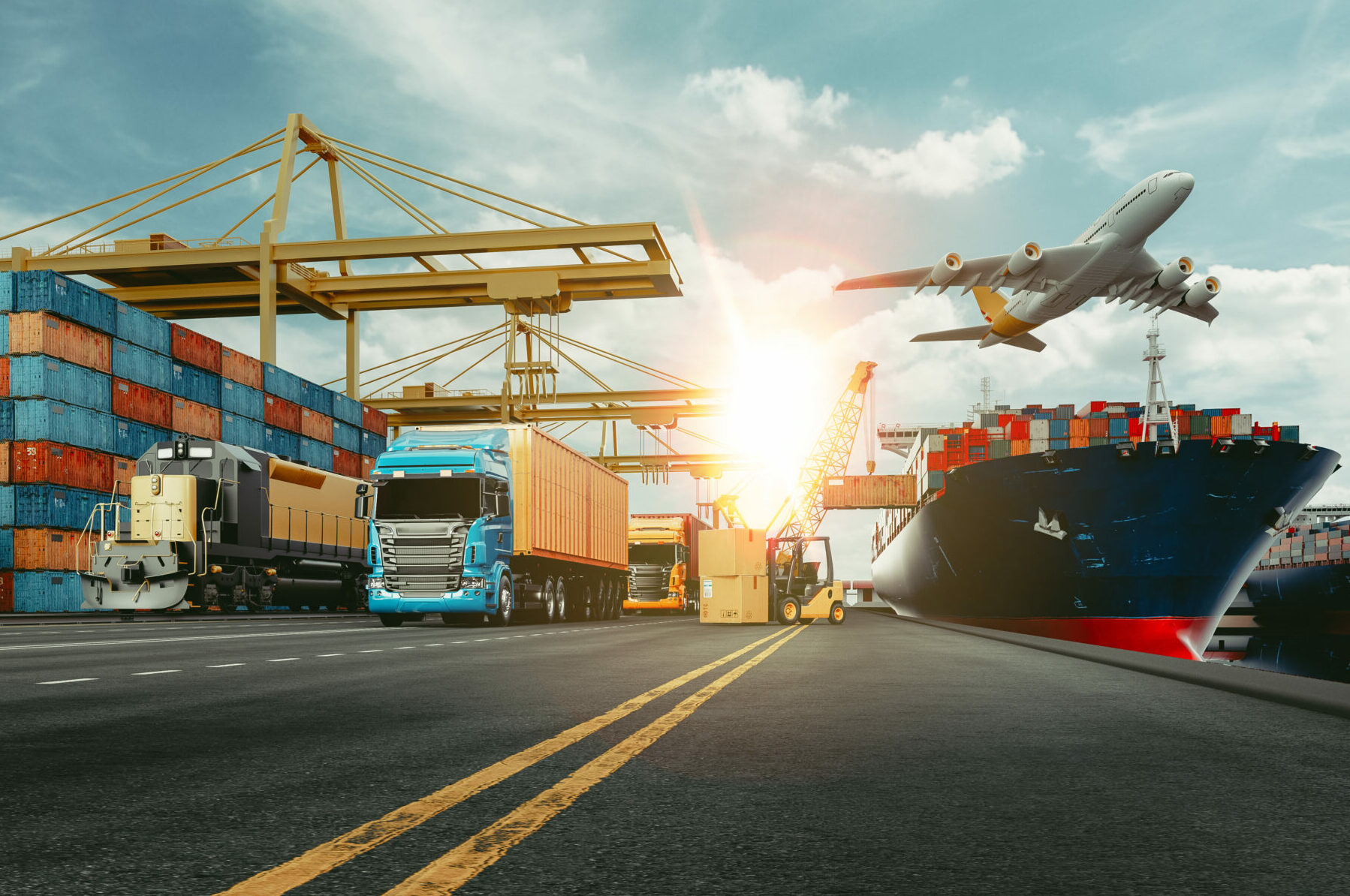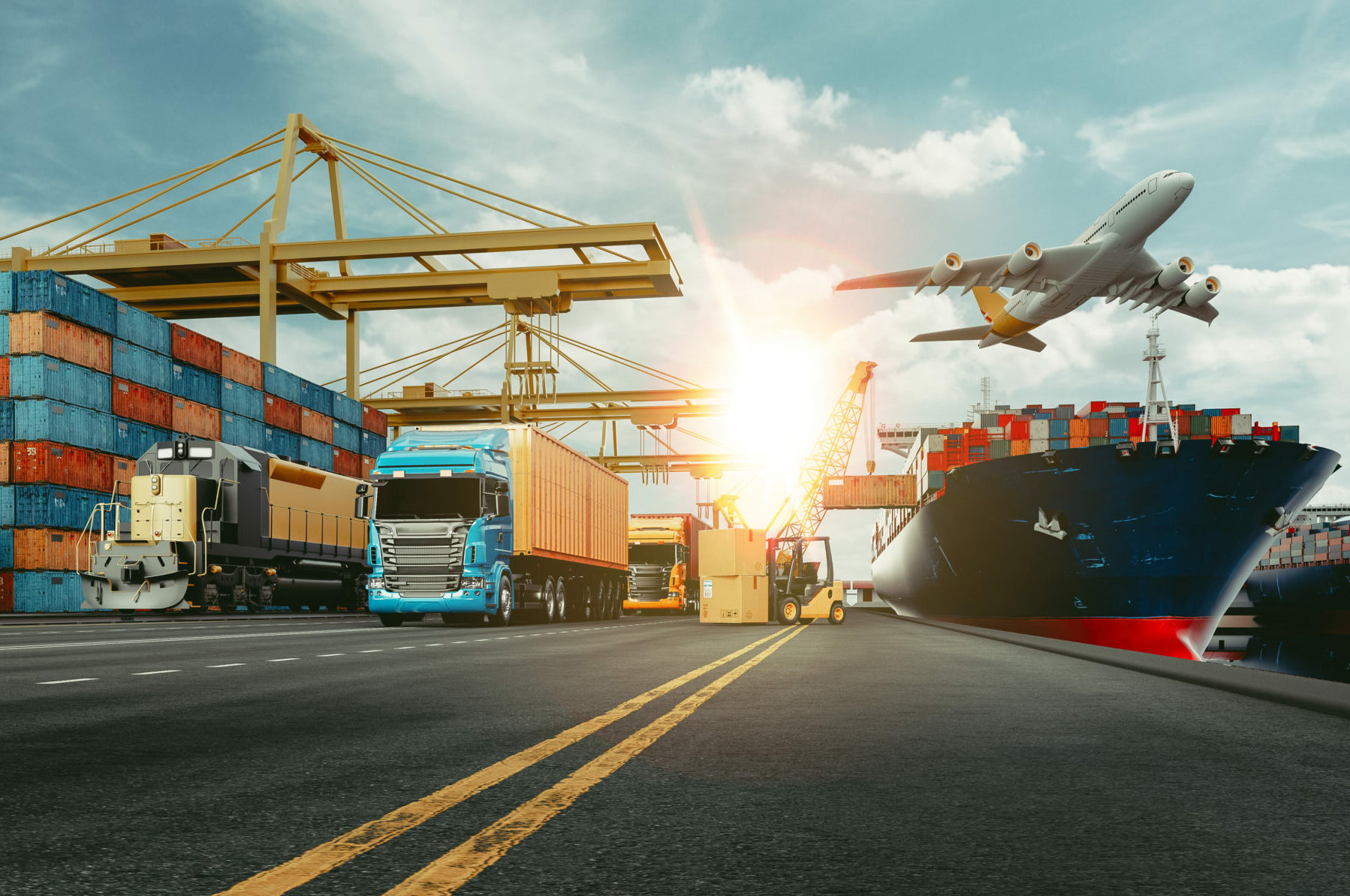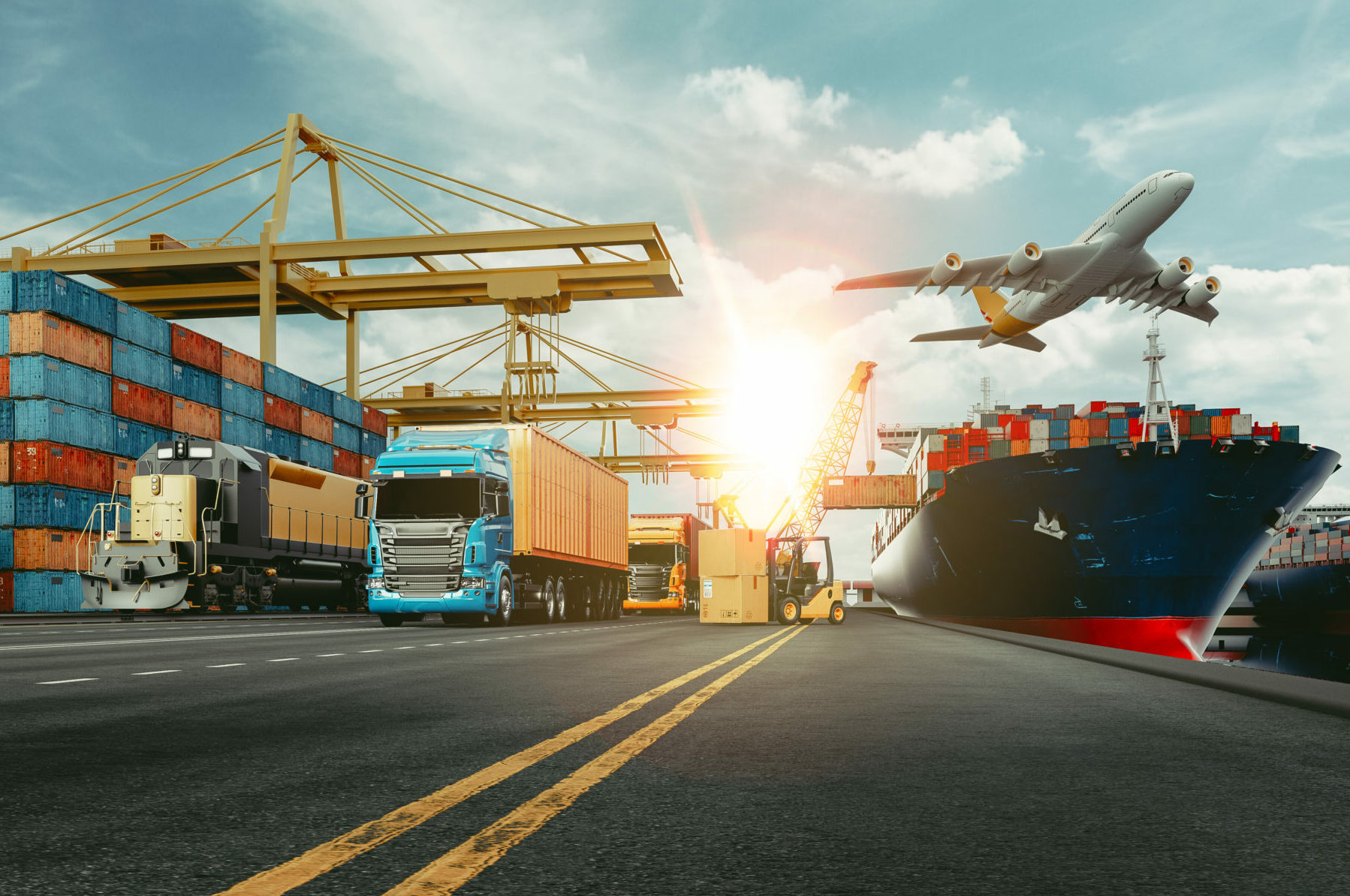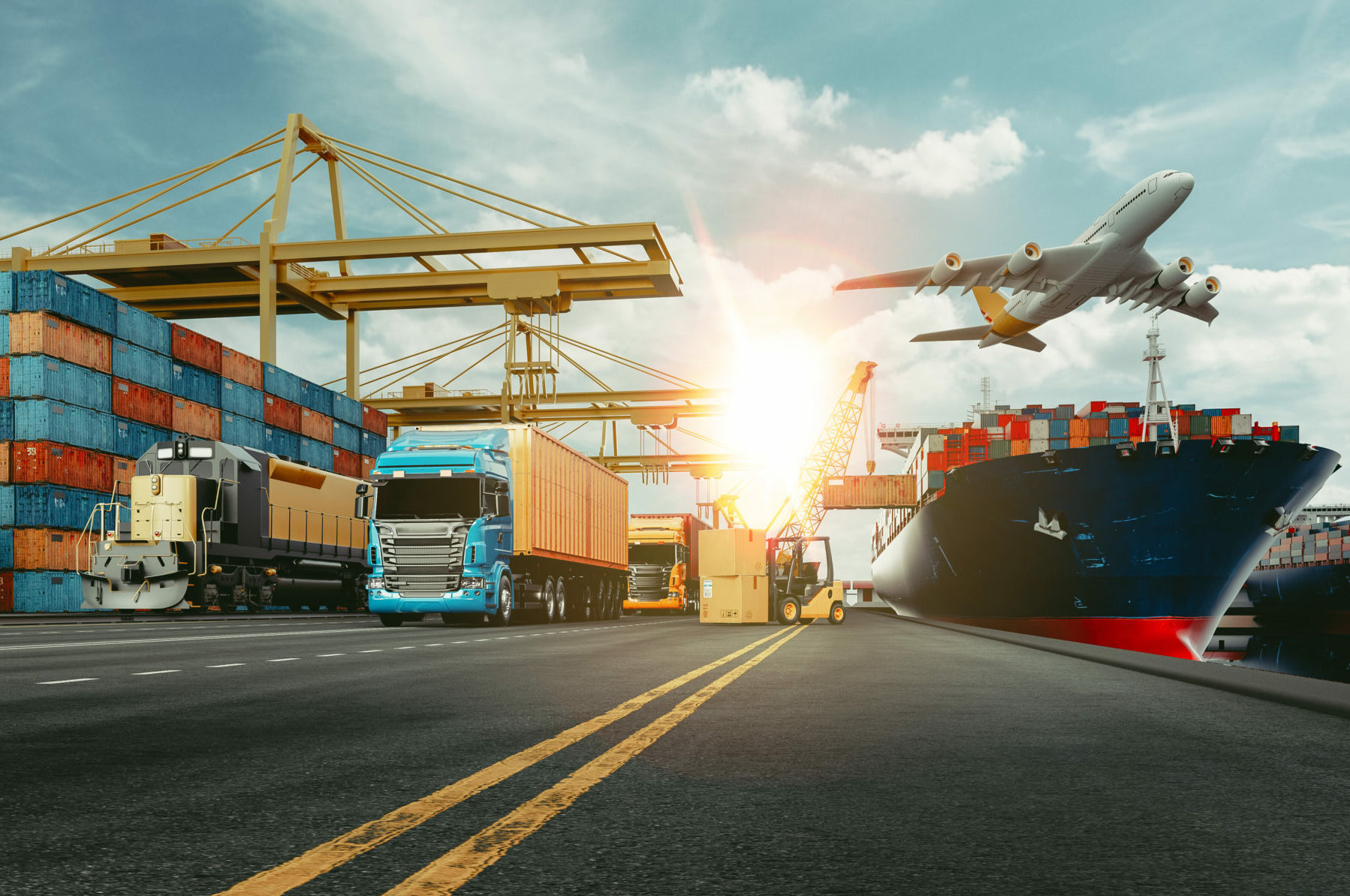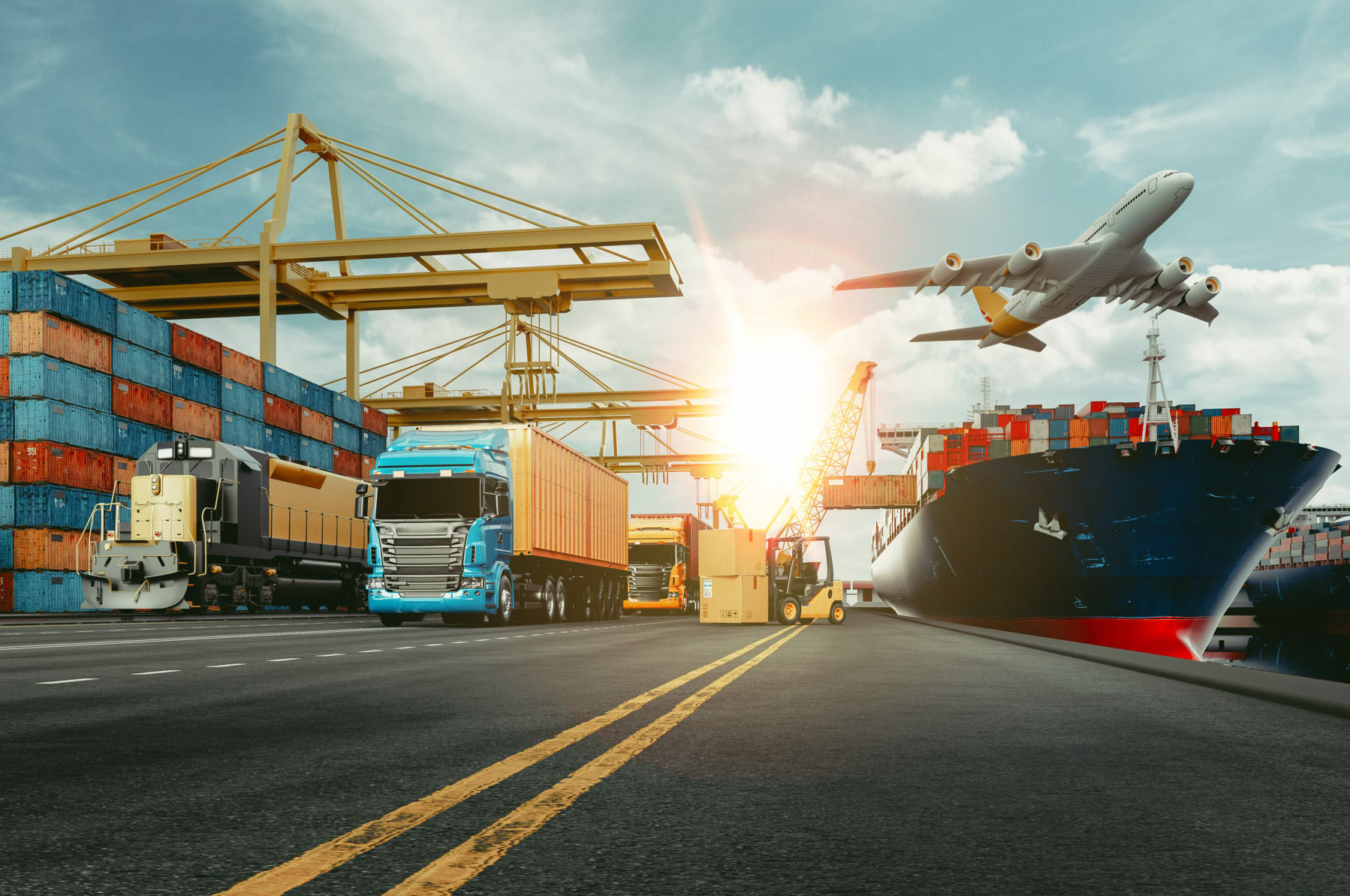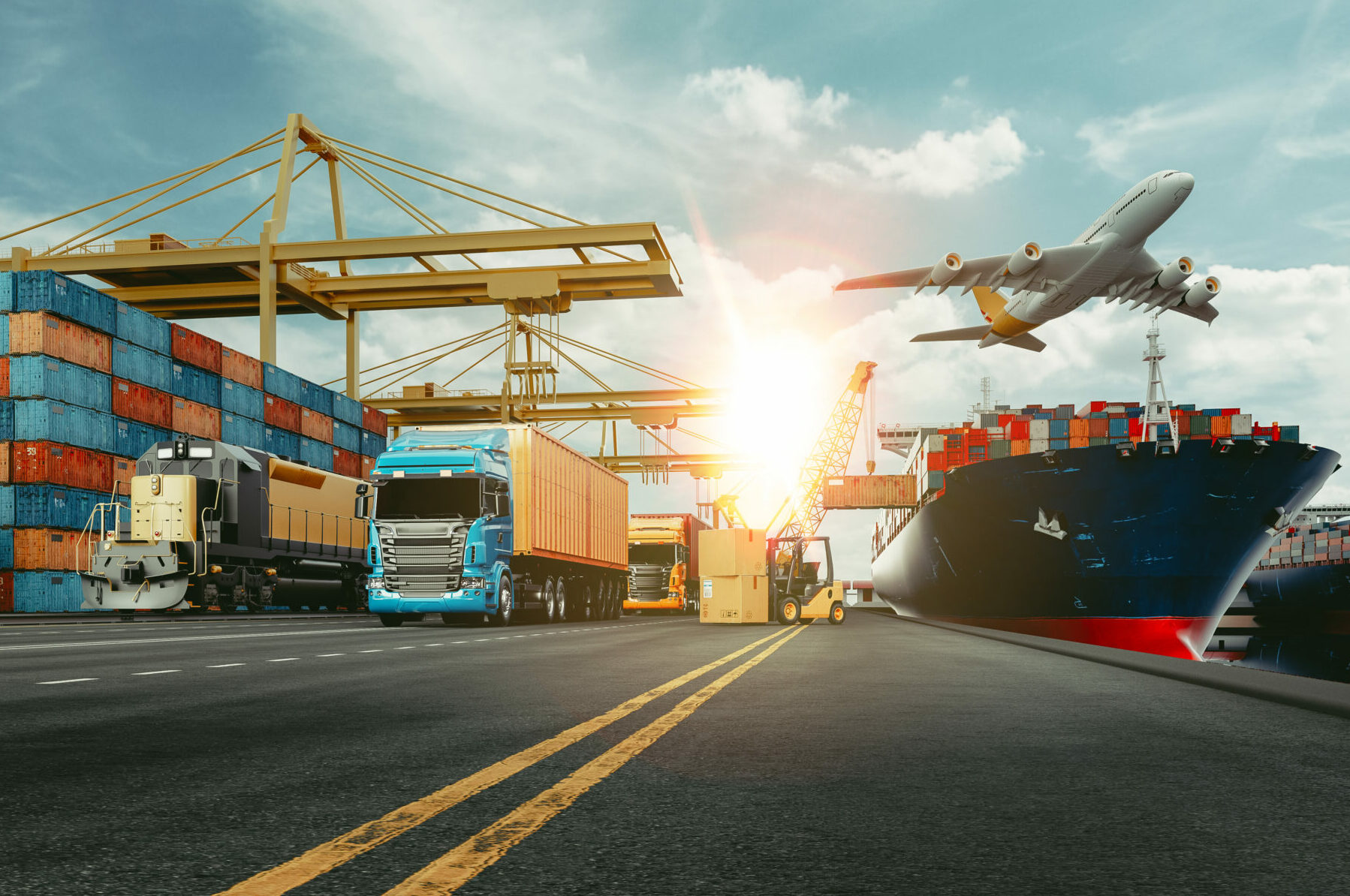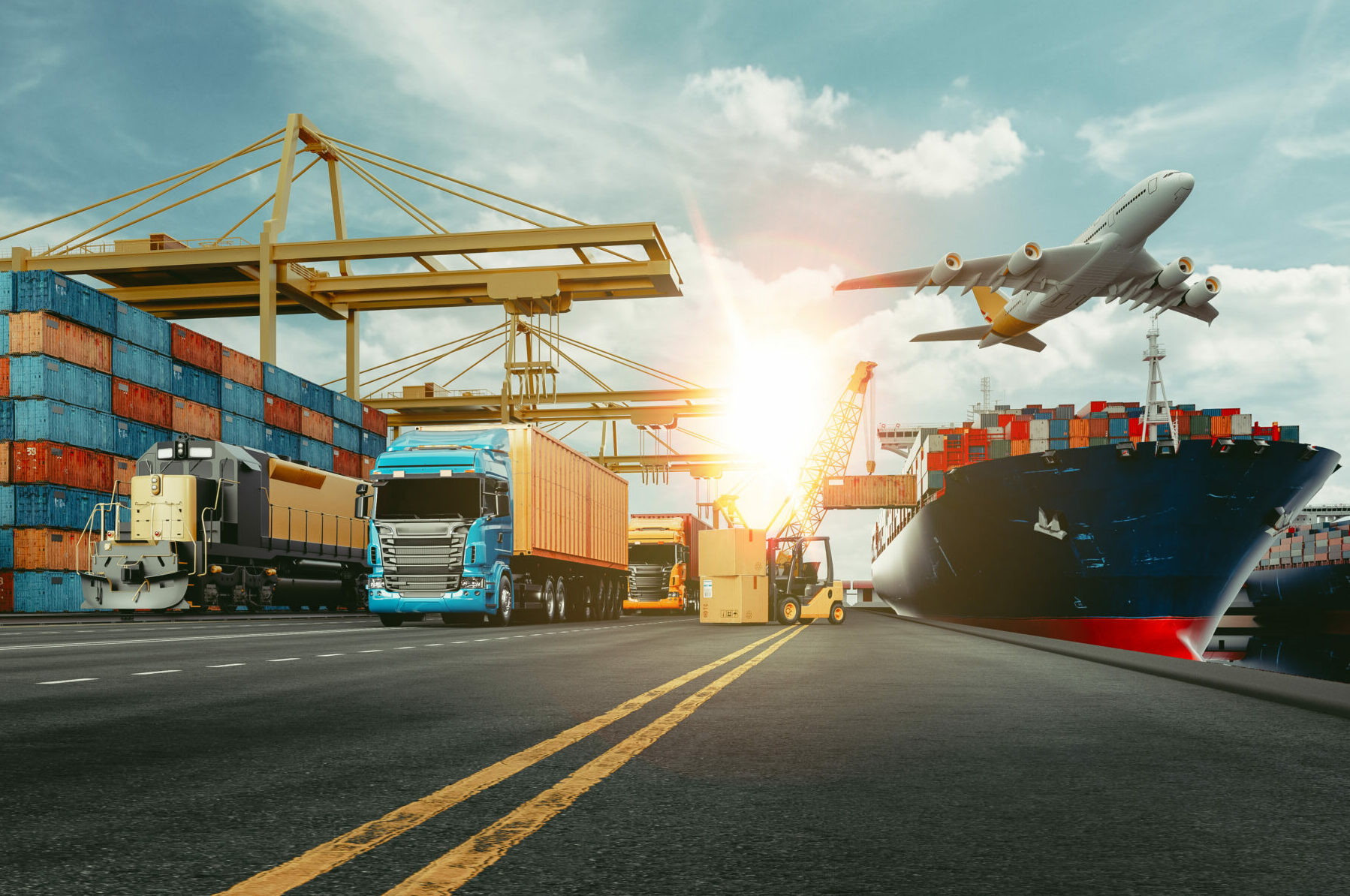The cargo forwarding industry handles billions of pounds worth of goods annually, with high-value cargo presenting unique risks and challenge…
High-Value Cargo Transportation Freight Insurance: Complete Protection Guide
When transporting high-value cargo, the financial stakes are significantly higher than standard freight operations. Whether you're shipping electronics, pharmaceuticals, fine art, luxury goods, or precious metals, a single loss can devastate your business financially and damage your reputation irreparably. High-value cargo transportation freight insurance provides the specialized protection necessary to safeguard these valuable shipments against the unique risks they face during transit.
Understanding High-Value Cargo Insurance
High-value cargo insurance is a specialized form of freight insurance designed specifically for goods that exceed standard value thresholds or require enhanced security measures during transportation. Unlike standard cargo insurance, which typically covers routine commercial goods, high-value cargo insurance addresses the elevated risks and potential losses associated with transporting valuable items.
Most insurers classify cargo as high-value when individual shipments exceed £50,000 to £100,000, though this threshold varies by insurer and cargo type. The insurance provides comprehensive coverage for loss, damage, or theft during all stages of the transportation process, including loading, transit, storage, and unloading.
What Qualifies as High-Value Cargo
High-value cargo encompasses a diverse range of goods that share common characteristics of significant monetary worth, specialized handling requirements, or heightened theft risk. Common categories include:
- Electronics and Technology: Smartphones, laptops, servers, semiconductors, and telecommunications equipment
- Pharmaceuticals: Prescription medications, vaccines, biologics, and medical devices
- Fine Art and Antiques: Paintings, sculptures, collectibles, and historical artifacts
- Luxury Goods: Designer fashion, jewelry, watches, and premium accessories
- Precious Metals and Gems: Gold, silver, platinum, diamonds, and other precious stones
- High-End Machinery: Specialized manufacturing equipment, medical imaging devices, and scientific instruments
- Automotive: Luxury vehicles, classic cars, and high-performance automobiles
Comprehensive Coverage Components
High-value cargo insurance policies provide multi-layered protection that addresses the complex risks associated with valuable freight transportation. Understanding these coverage components helps businesses select appropriate protection levels.
All-Risk Coverage
The foundation of most high-value cargo policies is all-risk coverage, which protects against loss or damage from any cause not specifically excluded. This broad protection covers accidents, natural disasters, vehicle collisions, handling errors, and numerous other perils. All-risk coverage provides peace of mind by eliminating the need to prove a specific covered peril caused the loss.
Theft and Pilferage Protection
High-value cargo faces significantly elevated theft risks compared to standard freight. Comprehensive policies include specific coverage for theft, whether through organized cargo crime, opportunistic pilferage, or hijacking. This protection extends to both complete shipment theft and partial losses from pilferage during transit or storage.
Transit Coverage
Transit coverage protects cargo throughout the entire journey, regardless of transportation mode. This includes road transport via truck or van, rail freight, air cargo, and ocean shipping. Multi-modal shipments receive continuous protection as cargo transfers between different carriers and transportation methods.
Warehouse and Storage Coverage
Many high-value shipments require temporary storage during transit, whether at distribution centers, customs facilities, or consolidation warehouses. Comprehensive policies extend coverage to include these storage periods, protecting against fire, theft, water damage, and other warehouse-related risks.
Loading and Unloading Protection
Cargo faces heightened risk during loading and unloading operations when handling errors, dropped items, or equipment failures can cause significant damage. Specialized coverage addresses these critical transition points, ensuring protection during these vulnerable moments.
Temperature-Controlled Shipment Coverage
For pharmaceuticals, biologics, and other temperature-sensitive high-value cargo, policies can include coverage for losses resulting from refrigeration failure, temperature excursions, or cold chain breaks that render products unsaleable or ineffective.
Key Risk Factors for High-Value Cargo
Transporting high-value cargo presents unique challenges that standard freight operations rarely encounter. Understanding these risks enables businesses to implement appropriate risk management strategies and secure adequate insurance coverage.
Organized Cargo Crime
High-value cargo attracts sophisticated criminal organizations that specifically target valuable shipments. These groups employ advanced surveillance, inside information, and coordinated operations to identify and steal high-value freight. Electronics, pharmaceuticals, and luxury goods face particularly elevated risks from organized cargo theft rings.
Route and Geographic Risks
Certain routes and geographic areas present heightened risks for high-value cargo. Urban areas with high crime rates, remote stretches of highway with limited security presence, and international borders where customs delays create vulnerability all increase exposure to theft and loss.
Documentation and Customs Issues
High-value international shipments face complex customs requirements and documentation standards. Errors in paperwork, valuation disputes, or regulatory non-compliance can result in shipment delays, confiscation, or financial penalties that standard cargo insurance may not cover.
Handling and Packaging Failures
Many high-value items require specialized handling and packaging to prevent damage. Fragile electronics, delicate artwork, and precision machinery can suffer significant damage from improper handling, inadequate packaging, or exposure to environmental conditions during transit.
Carrier Selection Risks
Not all freight carriers possess the security infrastructure, tracking capabilities, or specialized handling expertise necessary for high-value cargo. Selecting inappropriate carriers increases the likelihood of theft, damage, or loss during transportation.
Risk Management and Loss Prevention
Insurers expect businesses transporting high-value cargo to implement robust risk management protocols. These measures not only reduce the likelihood of losses but often result in more favorable insurance terms and lower premiums.
Enhanced Security Measures
High-value cargo requires security measures that exceed standard freight protection. GPS tracking devices provide real-time location monitoring and enable rapid response to route deviations or unauthorized stops. Tamper-evident seals and security packaging deter pilferage and provide evidence of unauthorized access. Many insurers mandate specific security requirements for coverage approval.
Vetted Carrier Selection
Selecting carriers with proven high-value cargo experience, appropriate security certifications, and robust tracking capabilities significantly reduces risk exposure. Carriers should demonstrate comprehensive driver vetting, secure facility standards, and established protocols for high-value shipments.
Route Planning and Optimization
Strategic route planning minimizes exposure to high-risk areas and reduces transit time, thereby decreasing vulnerability windows. Avoiding known cargo theft hotspots, minimizing overnight stops, and selecting routes with strong law enforcement presence all contribute to loss prevention.
Documentation and Valuation Accuracy
Accurate cargo documentation and valuation are essential for both customs compliance and insurance claims. Detailed packing lists, commercial invoices, certificates of origin, and photographic documentation establish cargo value and facilitate claims processing if losses occur.
Employee Training and Vetting
Internal theft and information leaks represent significant risks for high-value cargo operations. Comprehensive employee background checks, security awareness training, and need-to-know information protocols reduce the likelihood of inside-facilitated theft.
Claims Process for High-Value Cargo Losses
When losses occur despite preventive measures, understanding the claims process ensures efficient resolution and appropriate compensation. High-value cargo claims typically involve more detailed investigation than standard freight claims.
Immediate Notification Requirements
Most policies require immediate notification of loss, damage, or theft, often within 24 to 48 hours of discovery. Prompt notification enables insurers to initiate investigations while evidence remains fresh and increases the likelihood of cargo recovery in theft situations.
Documentation Requirements
High-value cargo claims require comprehensive documentation including original shipping documents, commercial invoices, packing lists, bills of lading, delivery receipts, photographic evidence of damage, police reports for theft claims, and any available tracking data or security footage.
Investigation Process
Insurers conduct thorough investigations for high-value claims, often employing specialized cargo investigators, forensic experts, or loss adjusters. Investigations examine security measures, carrier protocols, handling procedures, and circumstances surrounding the loss to determine coverage applicability and prevent fraud.
Valuation and Settlement
Claim valuation for high-value cargo requires detailed substantiation of cargo worth. Insurers may require purchase invoices, market valuations, expert appraisals, or replacement cost documentation. Settlement terms vary by policy, with some providing replacement cost coverage while others offer actual cash value or agreed value settlements.
Subrogation and Recovery
After settling claims, insurers often pursue subrogation against negligent carriers, warehouse operators, or other responsible parties. Successful subrogation can result in premium credits or deductible refunds for policyholders. Additionally, insurers work with law enforcement to recover stolen cargo when possible.
Cost Factors and Premium Considerations
High-value cargo insurance premiums reflect the elevated risks and potential loss severity associated with valuable freight. Understanding cost factors enables businesses to budget appropriately and identify opportunities for premium reduction.
Cargo Value and Type
Premium calculations begin with cargo value and type. Higher-value shipments naturally incur higher premiums due to increased potential loss severity. Additionally, certain cargo types such as electronics and pharmaceuticals face elevated theft risks that increase premium costs compared to less-targeted high-value goods.
Transportation Routes and Distances
Routes through high-crime areas, international shipments crossing multiple borders, and long-distance transportation all increase premium costs due to extended exposure periods and elevated risk factors. Conversely, short-distance shipments on secure routes may qualify for reduced premiums.
Security Measures Implementation
Robust security protocols significantly impact premium costs. GPS tracking, security escorts, vetted carriers, secure warehousing, and comprehensive employee vetting all demonstrate risk management commitment that insurers reward with lower premiums.
Claims History
Previous claims history substantially influences premium calculations. Businesses with clean claims records benefit from lower premiums, while those with frequent or severe losses face premium increases or coverage restrictions. Implementing loss prevention measures after claims can help mitigate premium increases.
Coverage Limits and Deductibles
Policy structure choices affect premium costs. Higher coverage limits increase premiums, while higher deductibles reduce them. Businesses must balance premium savings against potential out-of-pocket expenses when selecting deductible levels for high-value cargo policies.
Selecting the Right High-Value Cargo Insurance
Choosing appropriate high-value cargo insurance requires careful evaluation of business needs, cargo characteristics, and insurer capabilities. The right policy provides comprehensive protection without unnecessary coverage gaps or excessive costs.
Assessing Coverage Needs
Begin by thoroughly analyzing your cargo transportation operations. Consider cargo types, typical shipment values, transportation modes, routes, storage requirements, and frequency of shipments. This assessment identifies necessary coverage components and appropriate policy limits.
Evaluating Insurer Expertise
Not all insurers possess the specialized knowledge necessary for high-value cargo insurance. Seek insurers with demonstrated expertise in your specific cargo type, established claims handling procedures for high-value losses, and understanding of the unique risks your operations face.
Understanding Policy Exclusions
High-value cargo policies contain specific exclusions that can create coverage gaps if not properly understood. Common exclusions include losses from war or terrorism, inherent vice, inadequate packaging, delay-related losses, and failure to comply with security requirements. Review exclusions carefully to identify potential gaps requiring additional coverage.
Comparing Coverage Options
Obtain quotes from multiple specialized insurers to compare coverage breadth, policy limits, deductibles, exclusions, and premium costs. Look beyond price to evaluate overall value, considering claims handling reputation, financial stability, and customer service quality.
Working with Specialist Brokers
High-value cargo insurance complexity often warrants working with specialist insurance brokers who understand the unique challenges of valuable freight transportation. Experienced brokers access specialized markets, negotiate favorable terms, and ensure comprehensive coverage that addresses your specific operational risks.
Regulatory and Compliance Considerations
High-value cargo transportation operates within complex regulatory frameworks that impact insurance requirements and coverage considerations.
Carrier Liability Limitations
Standard carrier liability provides minimal protection for high-value cargo, typically limiting compensation to a fraction of actual cargo value. Understanding these limitations underscores the necessity of comprehensive cargo insurance that fills the substantial gap between carrier liability and actual cargo worth.
International Shipping Regulations
International high-value cargo shipments must comply with various conventions and regulations including the Carriage of Goods by Sea Act, Warsaw Convention for air cargo, and CMR Convention for road transport. These frameworks establish carrier liability standards and influence insurance coverage requirements.
Customs and Import/Export Requirements
High-value cargo faces enhanced scrutiny from customs authorities. Accurate valuation declarations, proper documentation, and compliance with import/export regulations are essential to avoid delays, penalties, or confiscation that may impact insurance coverage.
Frequently Asked Questions
What value threshold qualifies cargo as high-value?
Most insurers classify cargo as high-value when individual shipments exceed £50,000 to £100,000, though thresholds vary by insurer and cargo type. Some specialized items may be considered high-value at lower amounts due to theft risk or specialized handling requirements.
Does standard cargo insurance cover high-value shipments?
Standard cargo insurance typically provides inadequate coverage for high-value shipments due to policy limits, exclusions, and lack of specialized protections. High-value cargo requires specialized insurance designed for elevated risks and potential loss severity.
What security measures do insurers require for high-value cargo?
Common requirements include GPS tracking devices, vetted carrier selection, secure warehousing, tamper-evident seals, route approval, and driver vetting. Specific requirements vary by insurer, cargo type, and shipment value.
How quickly must I report a high-value cargo loss?
Most policies require notification within 24 to 48 hours of discovering a loss, damage, or theft. Immediate reporting enables prompt investigation, increases cargo recovery chances, and ensures compliance with policy terms.
Are high-value cargo insurance premiums tax-deductible?
Cargo insurance premiums are generally tax-deductible as ordinary business expenses in the UK. Consult with your accountant to ensure proper treatment based on your specific business structure and circumstances.
Does high-value cargo insurance cover international shipments?
Yes, comprehensive high-value cargo policies provide worldwide coverage including international ocean, air, and ground transportation. Coverage extends throughout the entire journey regardless of borders crossed or transportation modes used.
What happens if my carrier has their own insurance?
Carrier insurance provides limited liability coverage, typically a fraction of cargo value based on weight. Your own cargo insurance provides primary protection for the full declared value, filling the substantial gap left by carrier liability limitations.
Can I insure a single high-value shipment?
Yes, insurers offer single-shipment policies for occasional high-value cargo transportation. However, businesses with regular high-value shipments benefit from annual policies that provide continuous coverage and typically lower per-shipment costs.
How does temperature-sensitive cargo coverage work?
Temperature-sensitive coverage protects against losses from refrigeration failure, temperature excursions, or cold chain breaks. Policies typically require temperature monitoring devices and documentation of proper handling protocols throughout transit.
What documentation do I need for a high-value cargo claim?
Essential documentation includes original shipping documents, commercial invoices, packing lists, bills of lading, delivery receipts, photographic evidence, police reports for theft, and any tracking data or security footage available.
Are there cargo types that are uninsurable?
Certain high-risk items may be difficult to insure or require specialized underwriting, including cash, bearer bonds, illegal goods, and items with uncertain provenance. Most legitimate high-value cargo can be insured with appropriate risk management measures.
How do deductibles work for high-value cargo insurance?
Deductibles represent the amount you pay out-of-pocket before insurance coverage applies. High-value cargo policies typically offer deductible options ranging from £1,000 to £25,000 or more, with higher deductibles resulting in lower premiums.
Does insurance cover customs delays or confiscation?
Standard policies typically exclude losses from customs delays, though some specialized policies offer limited coverage. Confiscation due to regulatory non-compliance is generally excluded, while wrongful confiscation may be covered depending on policy terms.
Can I increase coverage limits for specific shipments?
Yes, most annual policies allow temporary coverage increases for individual shipments that exceed standard policy limits. Notify your insurer in advance to arrange appropriate coverage and any required additional premium.
What is the difference between all-risk and named-perils coverage?
All-risk coverage protects against all causes of loss except those specifically excluded, providing broader protection. Named-perils coverage only protects against specifically listed causes. High-value cargo typically requires all-risk coverage for comprehensive protection.
How long does the claims settlement process take?
Settlement timeframes vary based on claim complexity, investigation requirements, and documentation completeness. Straightforward claims may settle within 30 to 60 days, while complex claims involving investigations or disputes may take several months.
Does insurance cover partial losses from pilferage?
Yes, comprehensive high-value cargo insurance covers partial losses from pilferage, provided you can document the loss through inventory records, packing lists, and delivery documentation showing discrepancies between shipped and received quantities.
Are there geographic restrictions on coverage?
Some policies exclude or limit coverage in high-risk regions experiencing war, civil unrest, or elevated cargo crime. Review geographic exclusions carefully and arrange specialized coverage for shipments to restricted areas if necessary.
What role does packaging play in coverage?
Proper packaging is essential for coverage validity. Inadequate packaging that contributes to damage may result in claim denials or reduced settlements. Follow industry standards and insurer requirements for packaging high-value cargo.
Can I use my own valuation for insurance purposes?
Insurers typically require substantiated valuations based on purchase price, replacement cost, or market value. Agreed value policies establish cargo worth upfront, while other policies require documentation to support declared values during claims.
Protecting Your Valuable Cargo Investment
High-value cargo transportation presents significant financial risks that demand specialized insurance protection. The potential for devastating losses from theft, damage, or mishandling makes comprehensive coverage not just advisable but essential for business continuity and financial stability.
Effective high-value cargo protection combines robust insurance coverage with proactive risk management. By implementing enhanced security measures, selecting vetted carriers, optimizing routes, and maintaining accurate documentation, businesses significantly reduce their exposure while potentially lowering insurance costs.
The complexity of high-value cargo insurance requires careful policy selection, thorough understanding of coverage terms, and ongoing evaluation of changing business needs. Working with experienced insurance professionals who understand the unique challenges of valuable freight transportation ensures you secure appropriate protection that addresses your specific operational risks.
As cargo values continue to increase and theft techniques become more sophisticated, the importance of specialized high-value cargo insurance only grows. Investing in comprehensive coverage and robust risk management today protects your business from potentially catastrophic losses tomorrow, enabling you to transport valuable goods with confidence and security.
Get Expert High-Value Cargo Insurance Advice
Protecting your valuable shipments requires specialized expertise and tailored insurance solutions. At Insure24, we understand the unique challenges of high-value cargo transportation and provide comprehensive coverage designed for your specific needs.
Our experienced team works with leading insurers to secure competitive rates and robust protection for electronics, pharmaceuticals, luxury goods, fine art, and all types of high-value freight. We help you navigate complex coverage options, implement effective risk management strategies, and ensure your valuable cargo receives the protection it deserves.
Contact Insure24 today at 0330 127 2333 or visit www.insure24.co.uk to discuss your high-value cargo insurance requirements. Let us help you secure comprehensive protection that safeguards your valuable shipments and your business success.


 0330 127 2333
0330 127 2333

